If it wasn’t for BMH, the Oxfordshire-based maker of replacement bodies for British cars of a certain age, it’s probable that thousands of otherwise healthy classics would by now have returned to the earth as red oxide.
Either that, or they’d have been consigned to the crusher as a result of structural incapacity, to begin a new life as soup cans or fencing wire.
When British Motor Heritage was born as part of British Leyland back in 1975, rustproofing in cars was regarded as an unnecessary luxury. Only expensive cars were built to last. British car owners expected their cars’ sills to bubble extravagantly after five years, and after 15 many an owner would be treated to views of the road through the footwells.
Although it was the nation’s largest car maker, BL at the time was beset by already terminal problems with engineering development and manufacturing quality. It was building some of the least durable cars on the road – yet these days you see a surprising number of old Minis, MG Bs, Spridgets and Triumphs still driving happily about.
This is partly because the cars are enjoyable to own and drive, so owners look after them, but mainly because crucial replacement body bits, made off original tools, are affordable and easily available through BMH.
At first, BMH’s role was to meet a growing demand for early pattern parts; the original Mini, MG B and the rest were still in production. It functioned happily enough into the 1990s, supplying more than 2000 MG B bodies for the RV8 project in the mid-1990s. “It was a monument to BL’s inefficiency that the tooling was still available,” says current MD and owner John Yea. “Most companies would have scrapped it long ago.”
The business passed into the hands of BMW in 1994 with its £800 million acquisition of Rover Group, but when the Germans decided in 2000 that their bold British exploit was never going to work, BMH was acquired by a team steered by Yea, a former Rover finance man, initially with several partners.
“BMW’s overriding priority was to avoid bad PR,” Yea recalls. “They were desperate to be seen as good citizens.” Yea thought the business had potential, although it was saddled with quite a lot of slow-moving stock stored in two distribution centres when only one was needed. “It was clear the company’s prospects would be better if it was controlled and owned by one person,” Yea says.
Yea soon cleared the slow stock and started building on the company’s core strength as a supplier of panels to the classic car market. It had ready access to original tooling for more than 40 different UK-built models, and its people had unique metal-finishing skills. He soon added a lucrative line: that most vulnerable of all Jaguar E-Type components, the huge, rear-opening bonnet.
“Tooling of that era isn’t good enough to finish the panels as well as the market likes them,” Yea explains, “although the ex-BL tooling is actually of a high quality. The Jaguar E-Type stuff isn’t so good – among the worst, actually. It won’t finish the complex bonnet curvature at the front, so we have to do that by hand. But E-Type demand is quite steady. We’ll make a batch of 10 next month.”
Apart from the evergreen Mini, a “younger product” that keeps on giving, Yea acknowledges that demand for the original panels BMH started making in 1975 is in slow but noticeable decline.

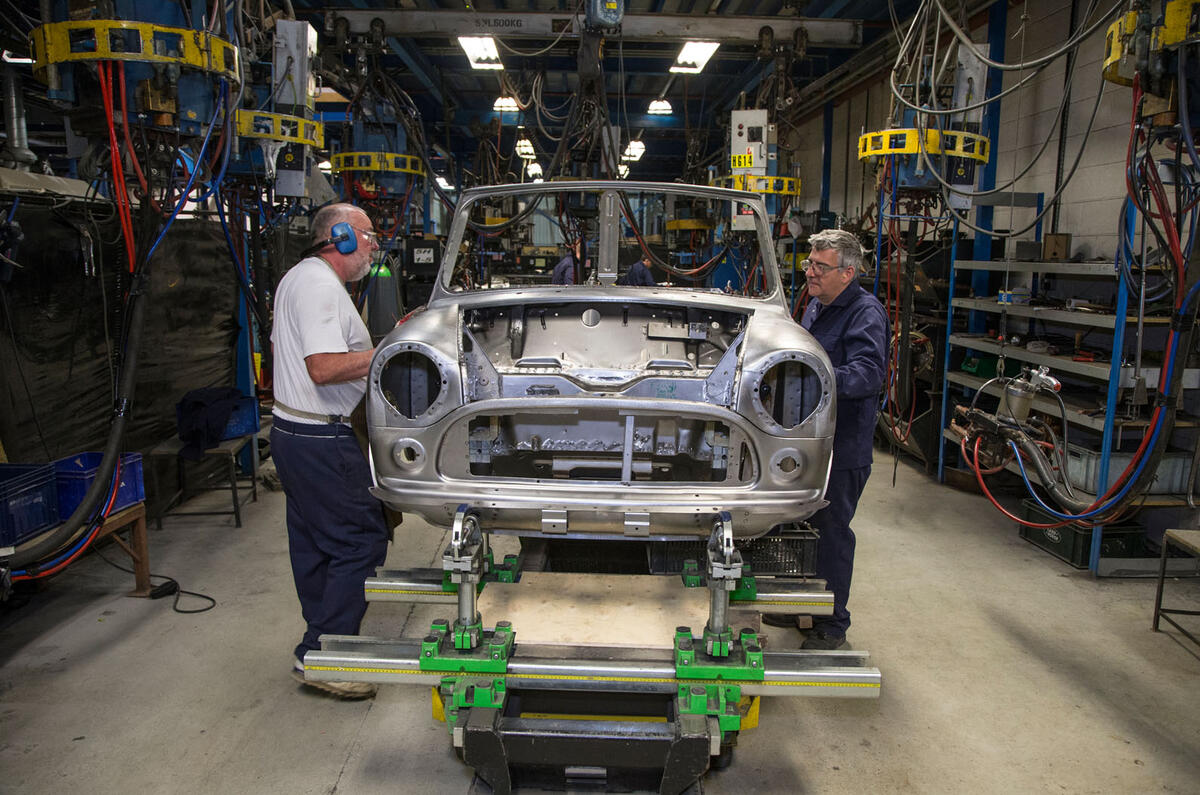
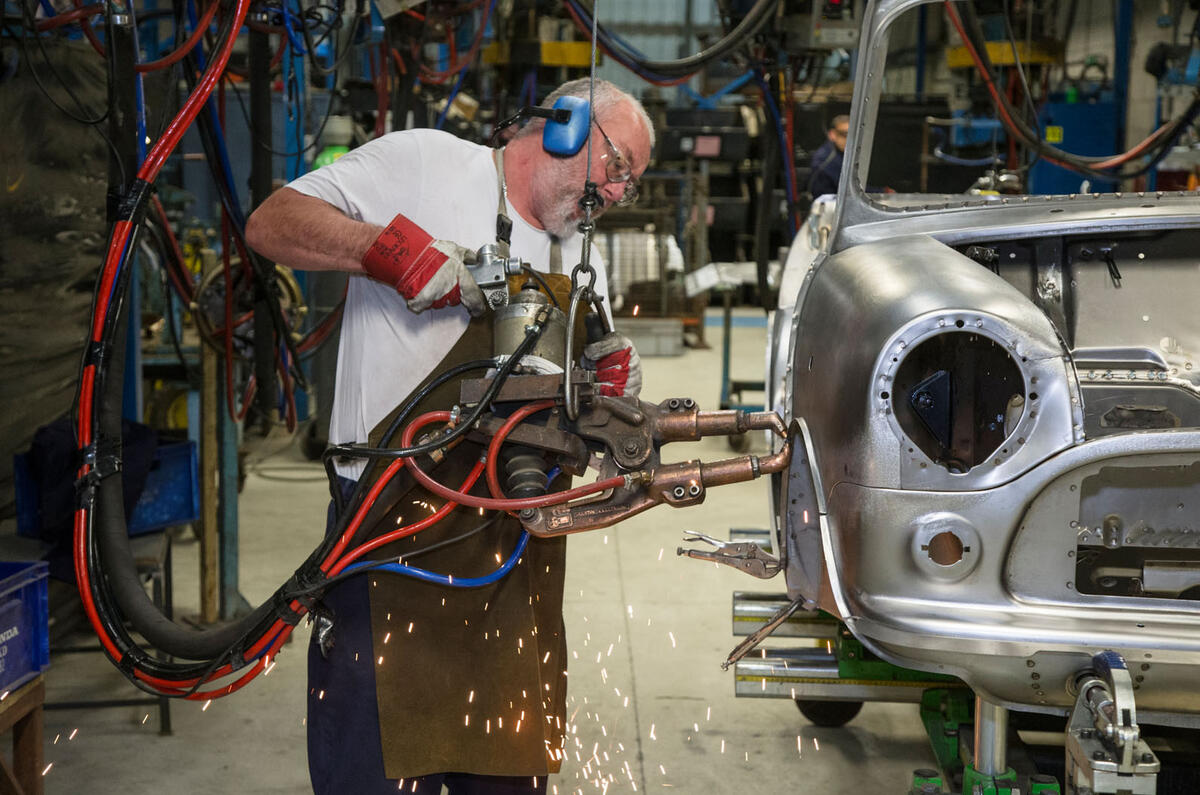
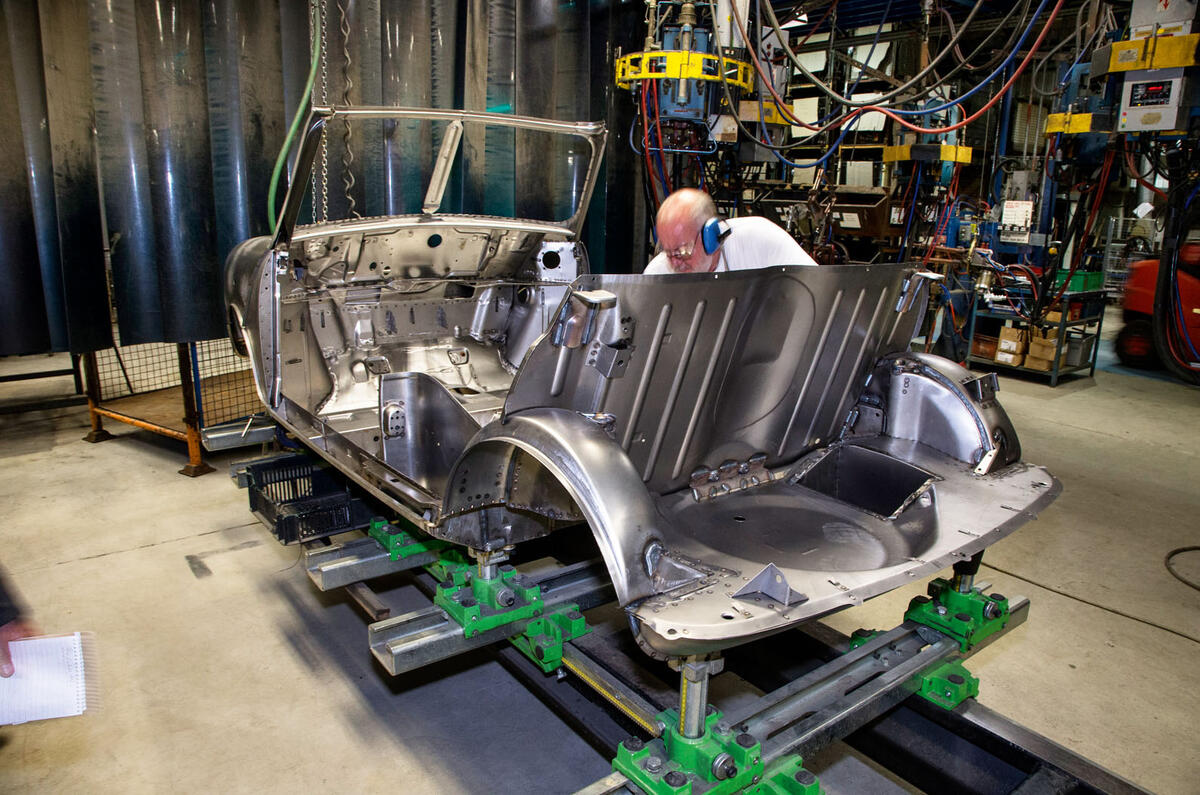
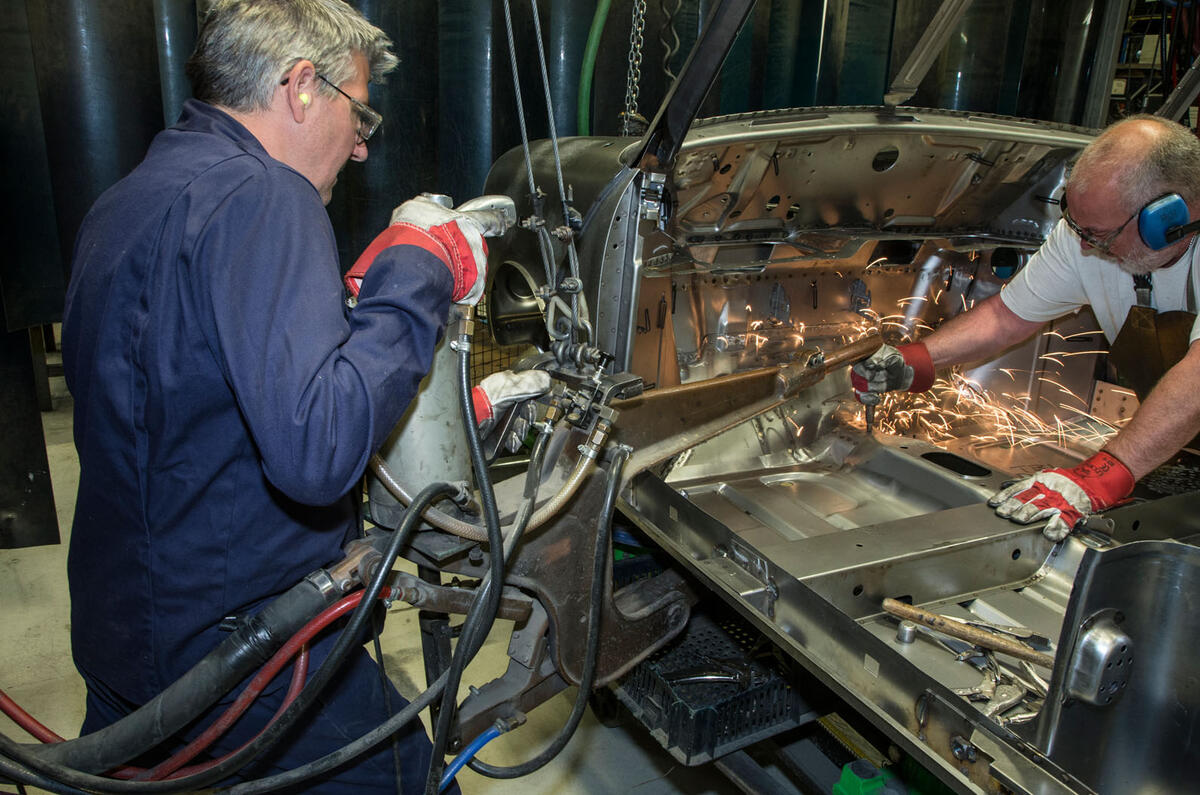
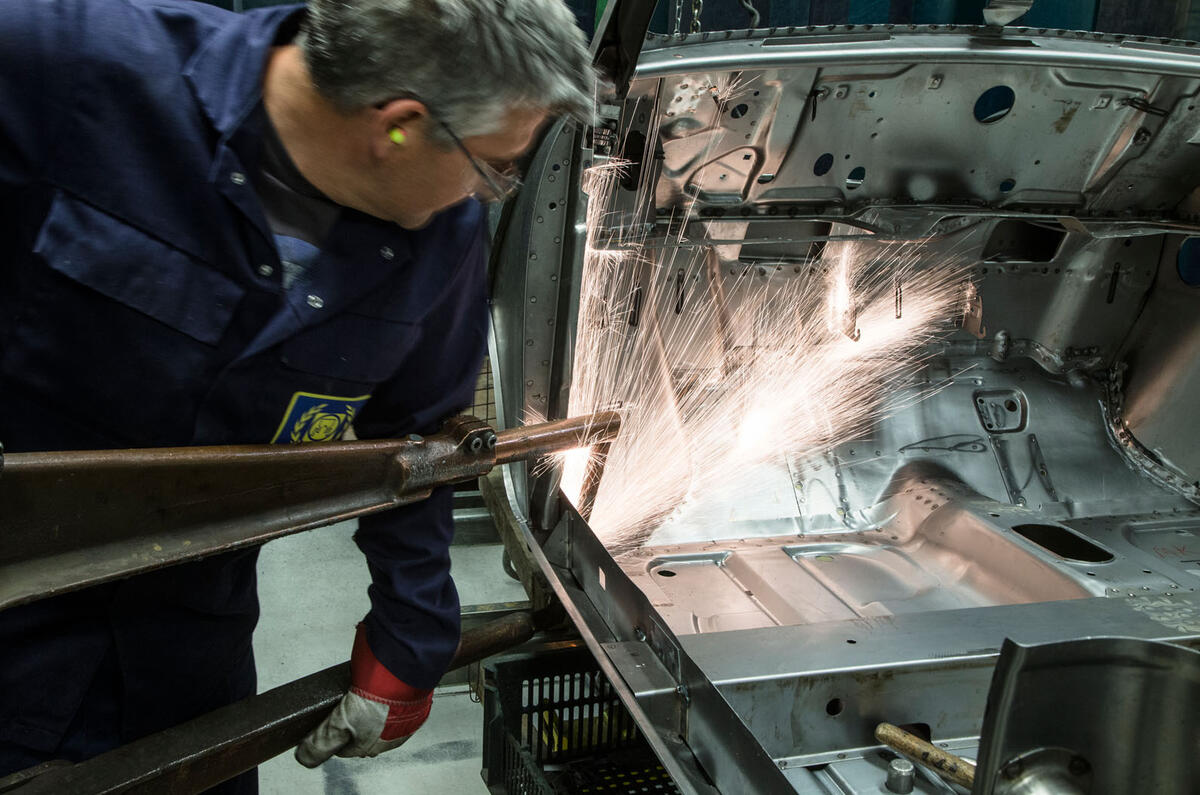
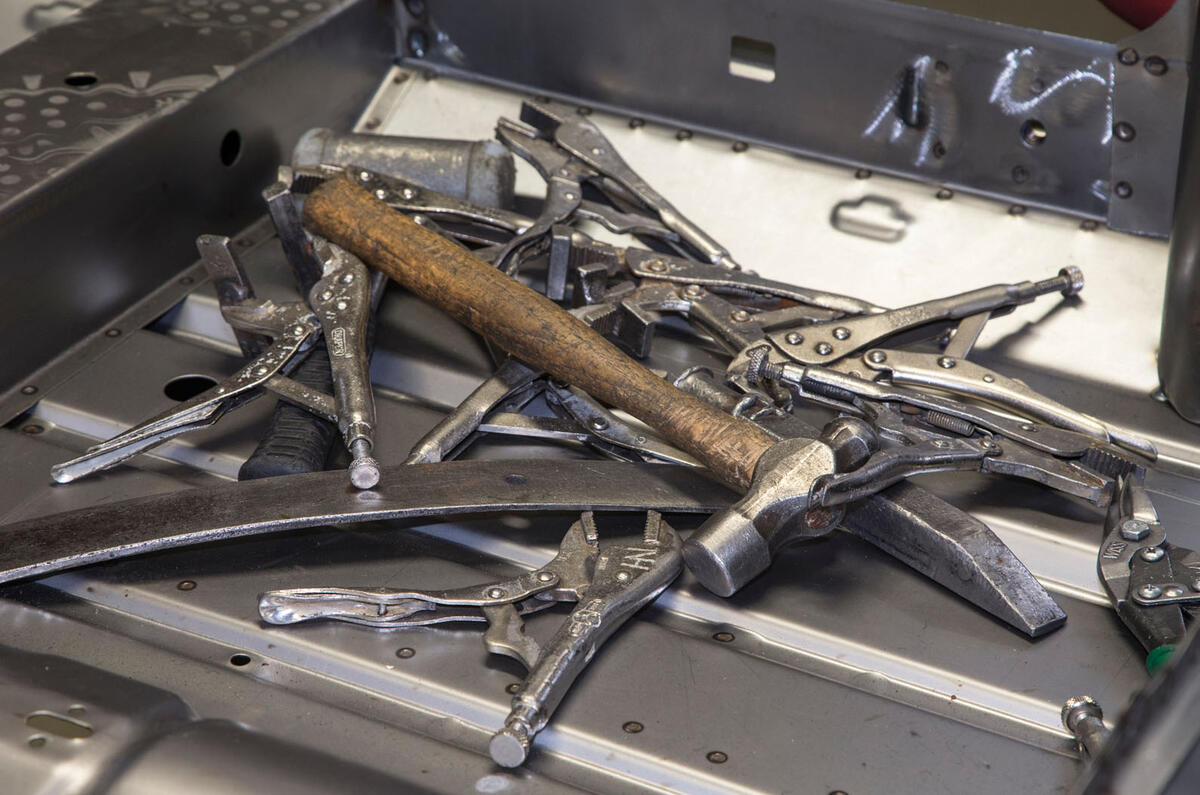
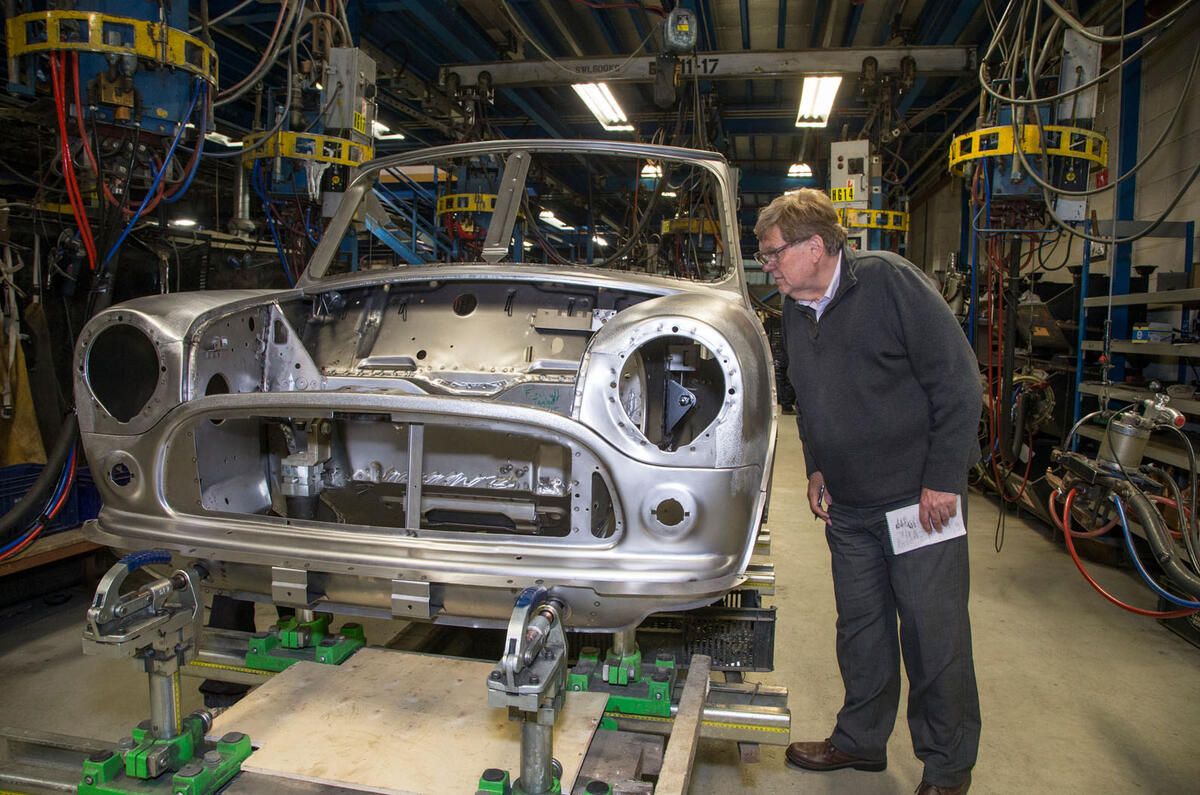
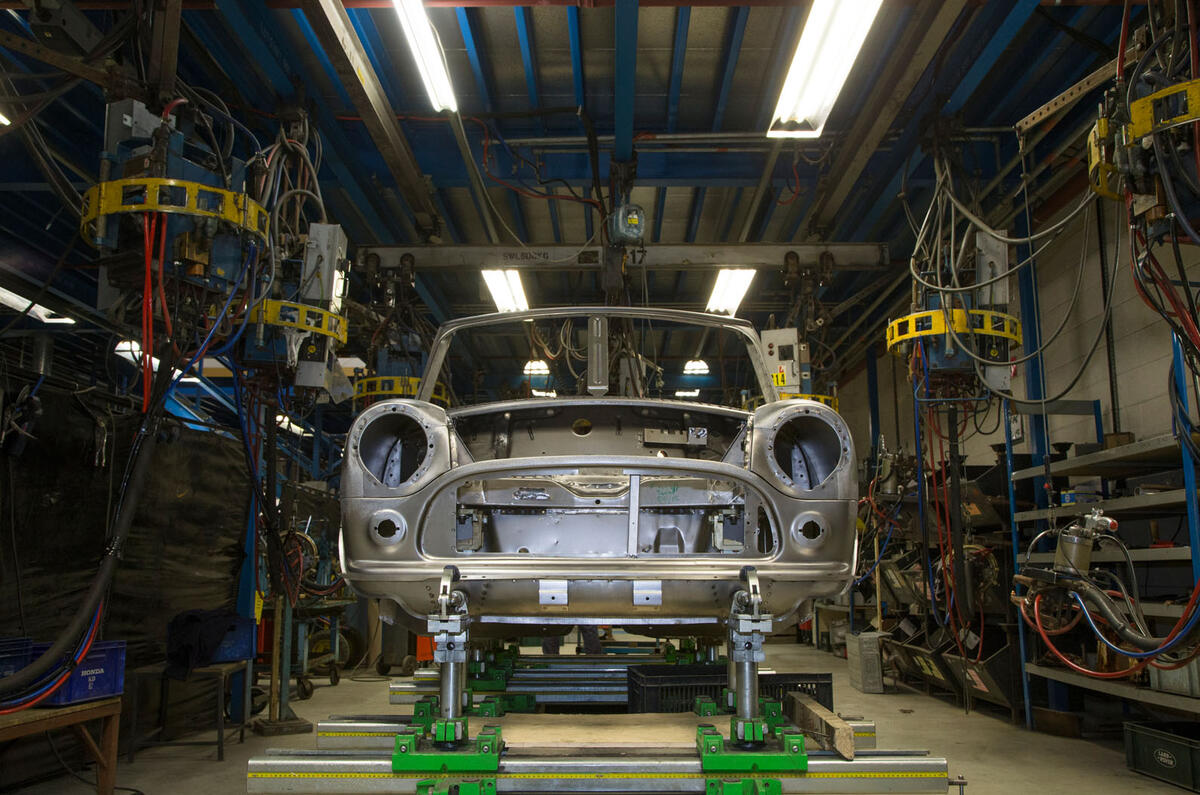
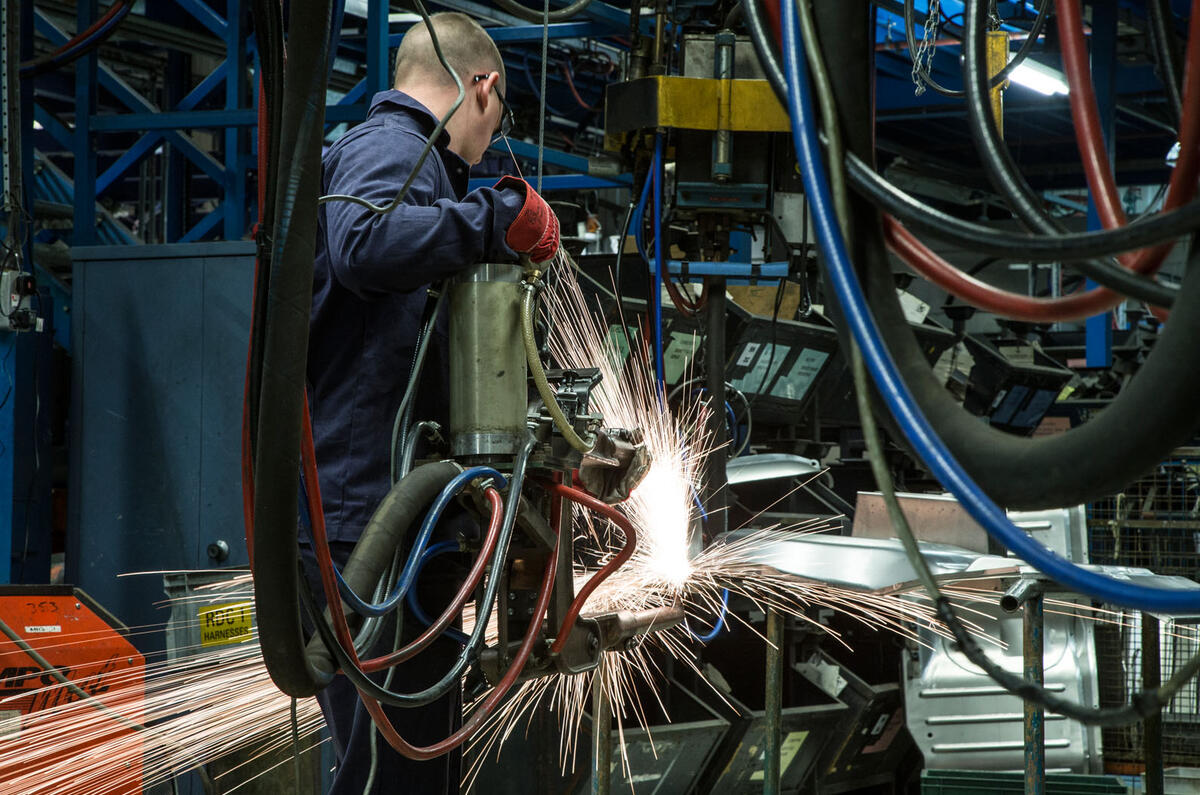
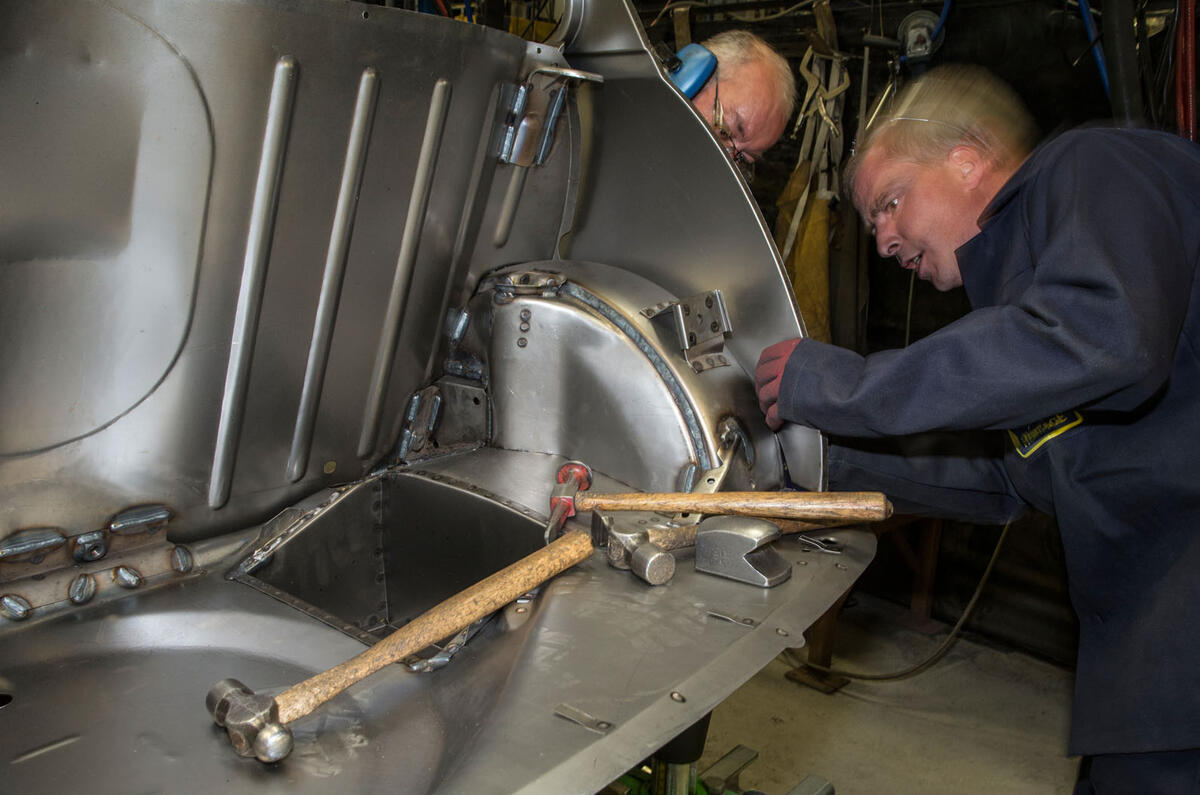
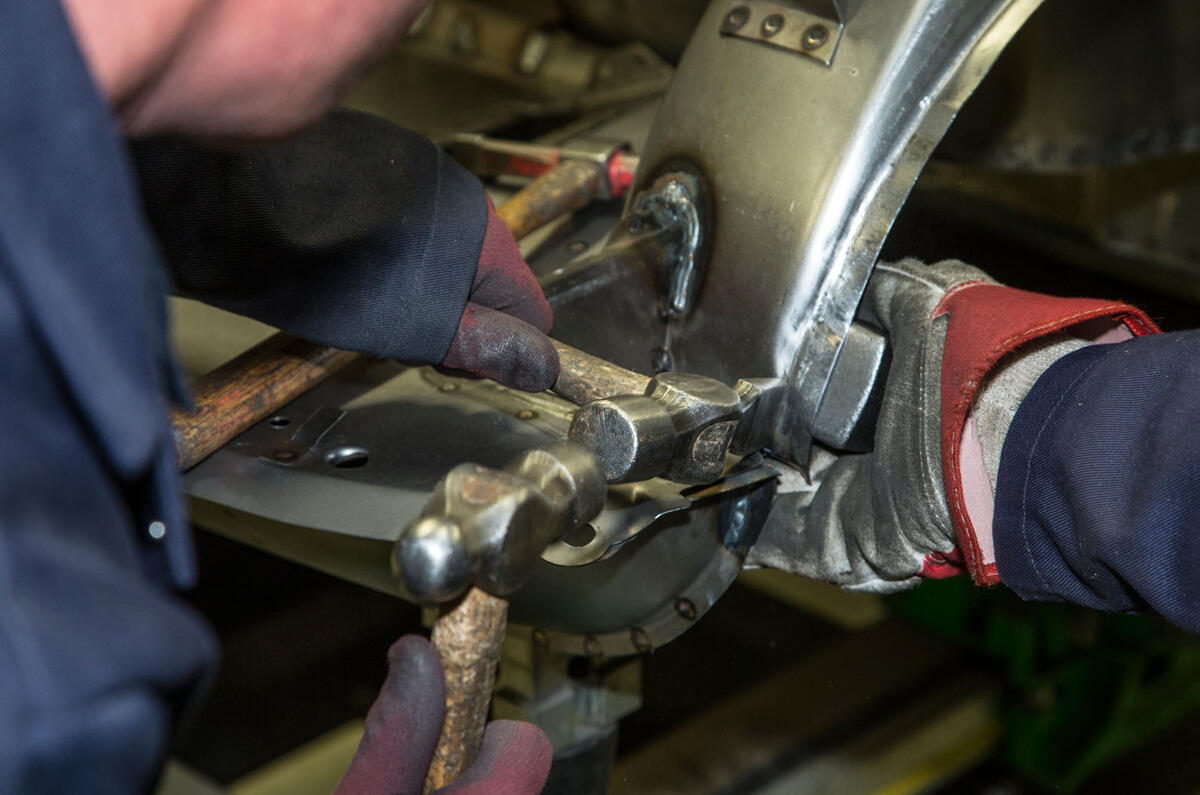
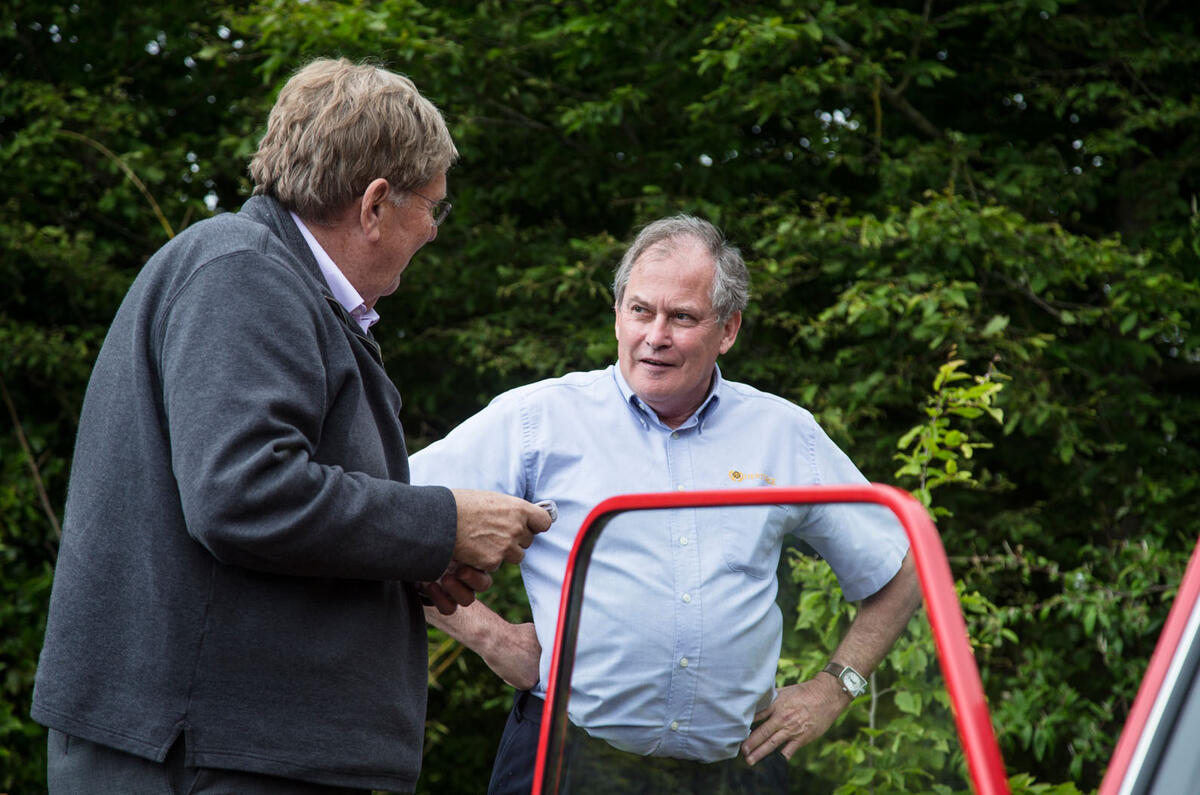
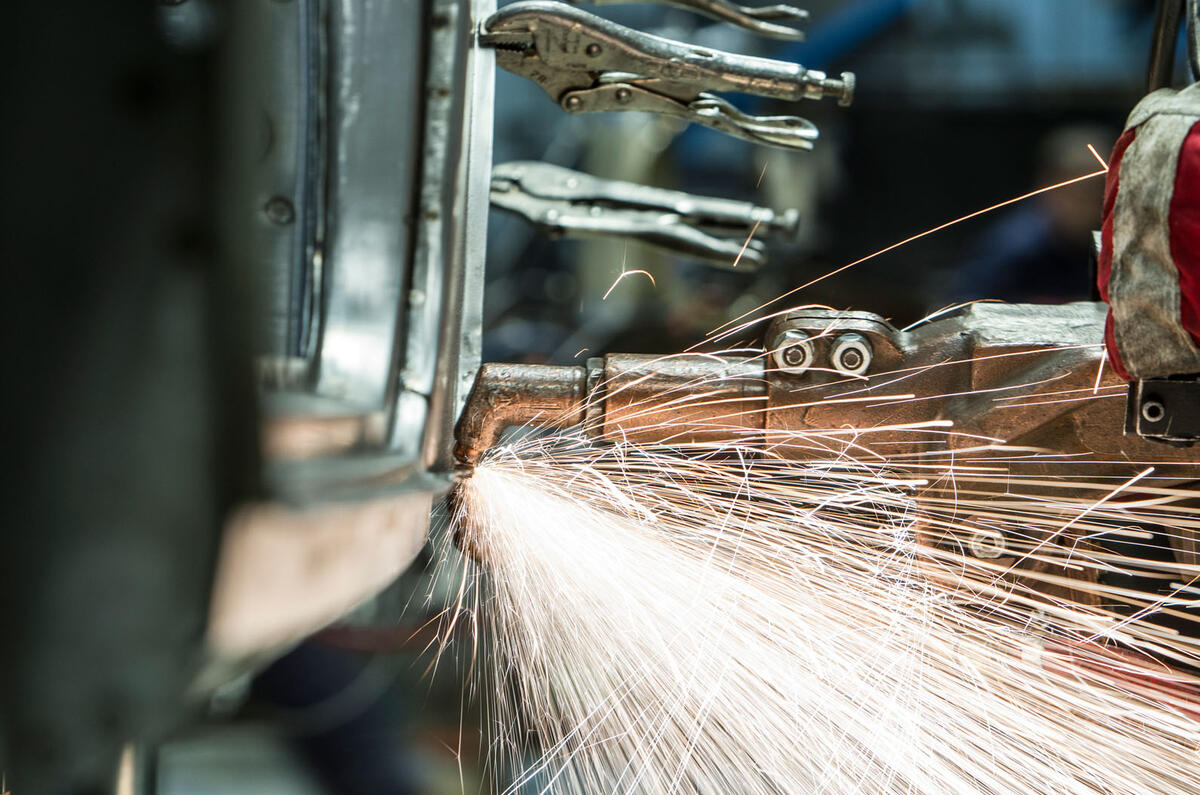
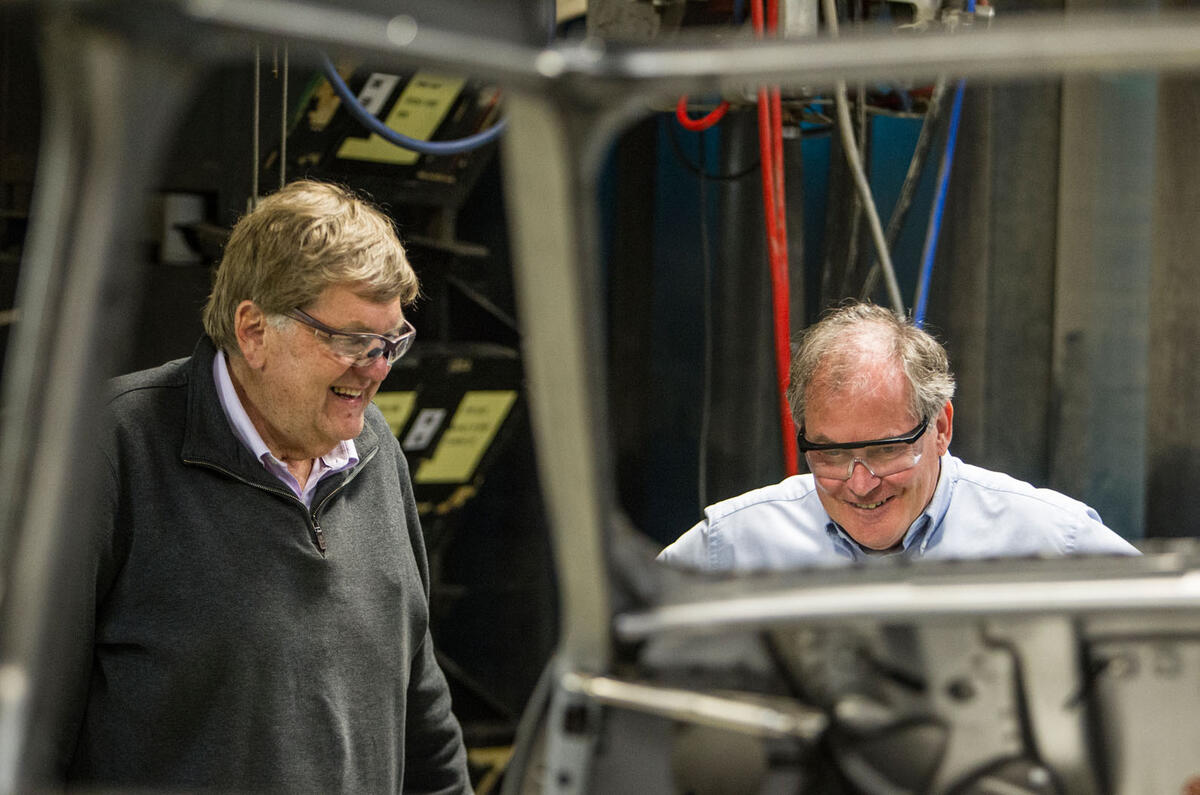

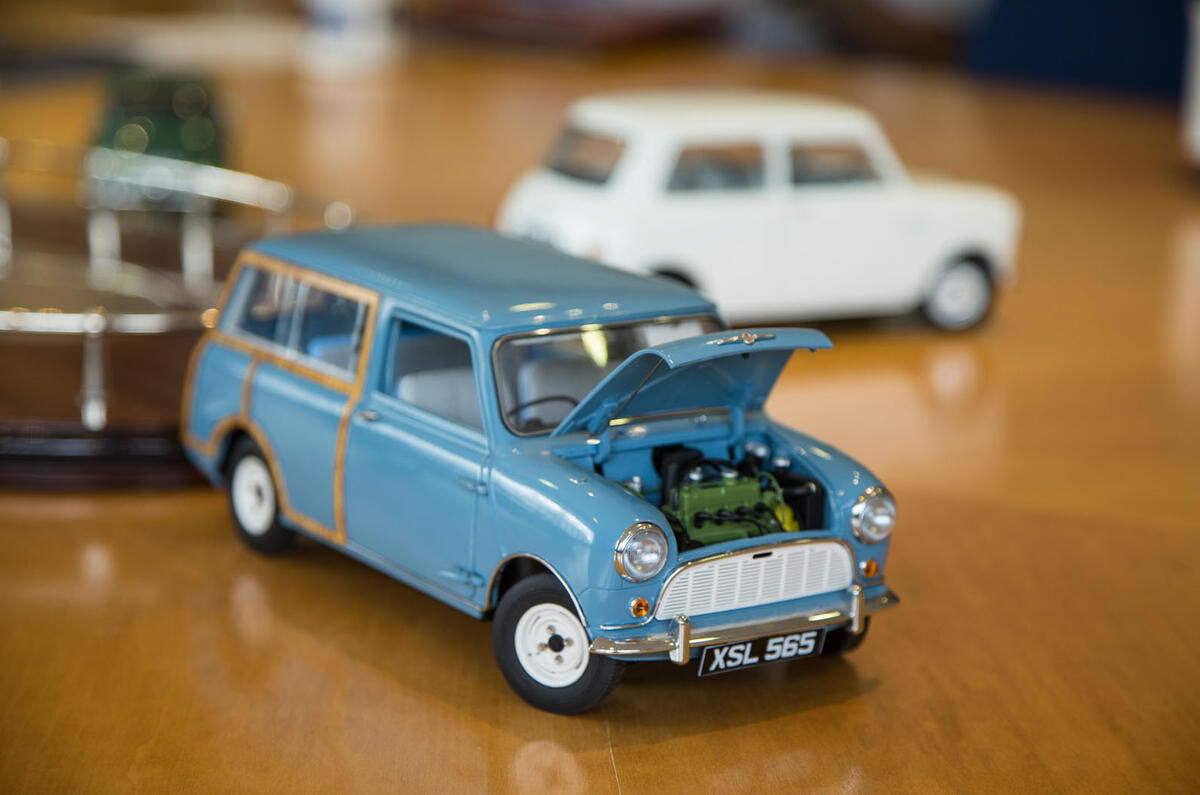
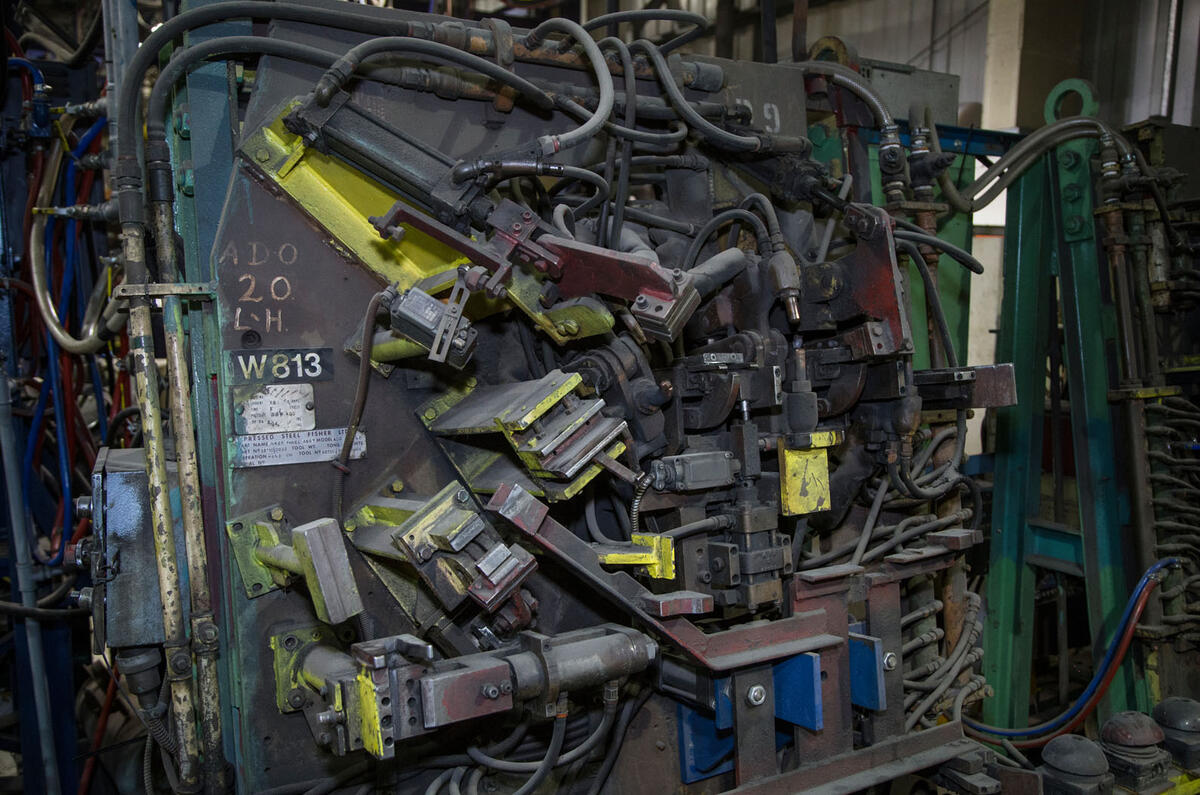
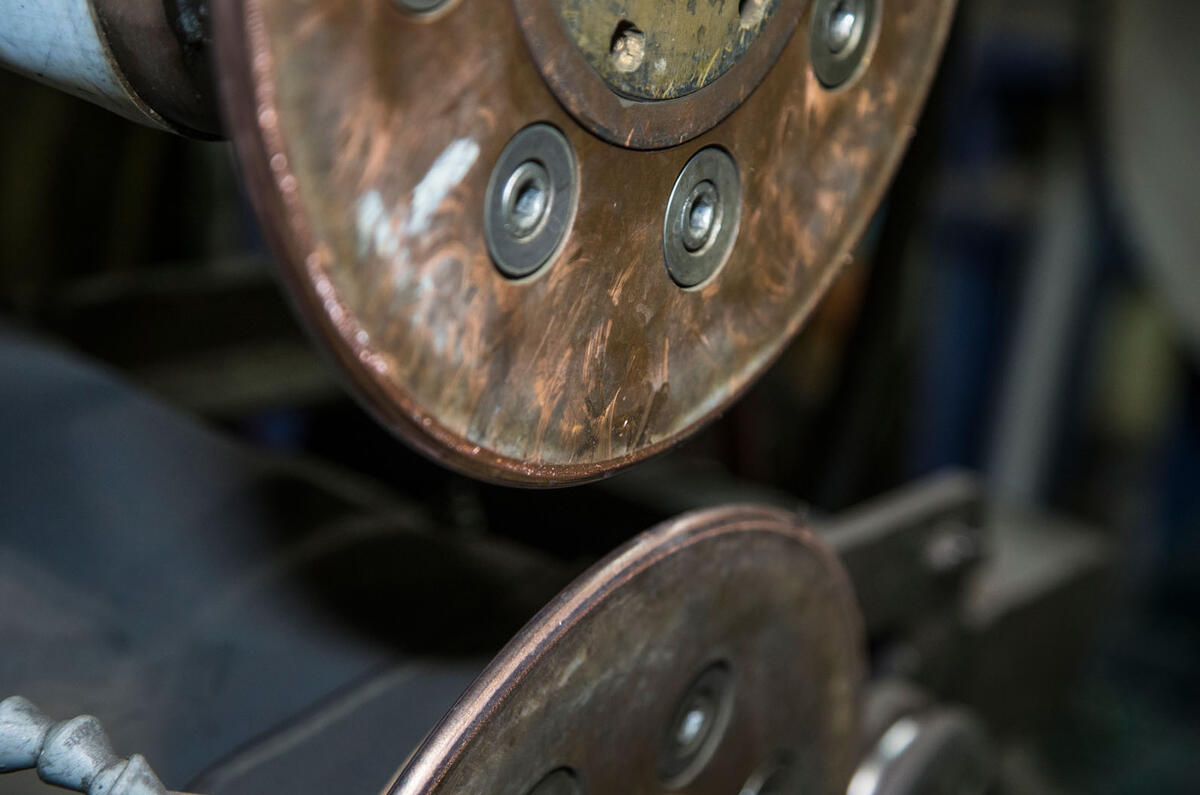
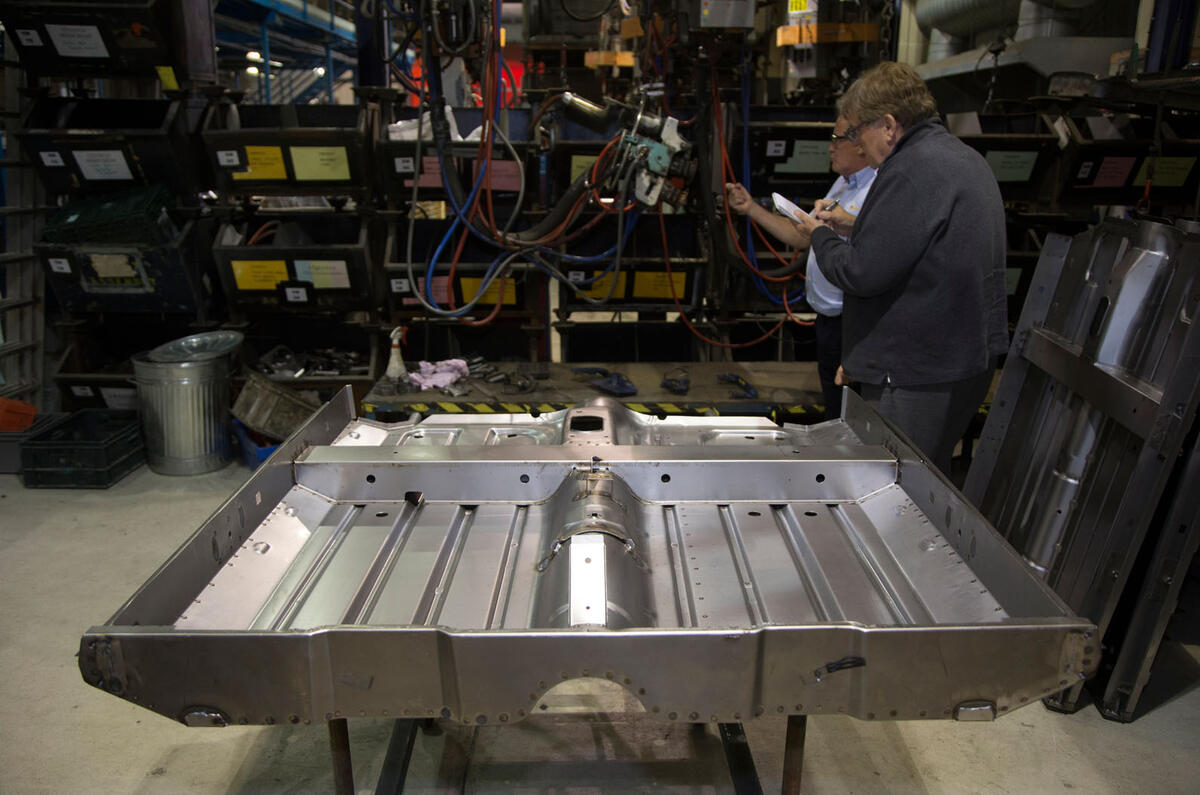
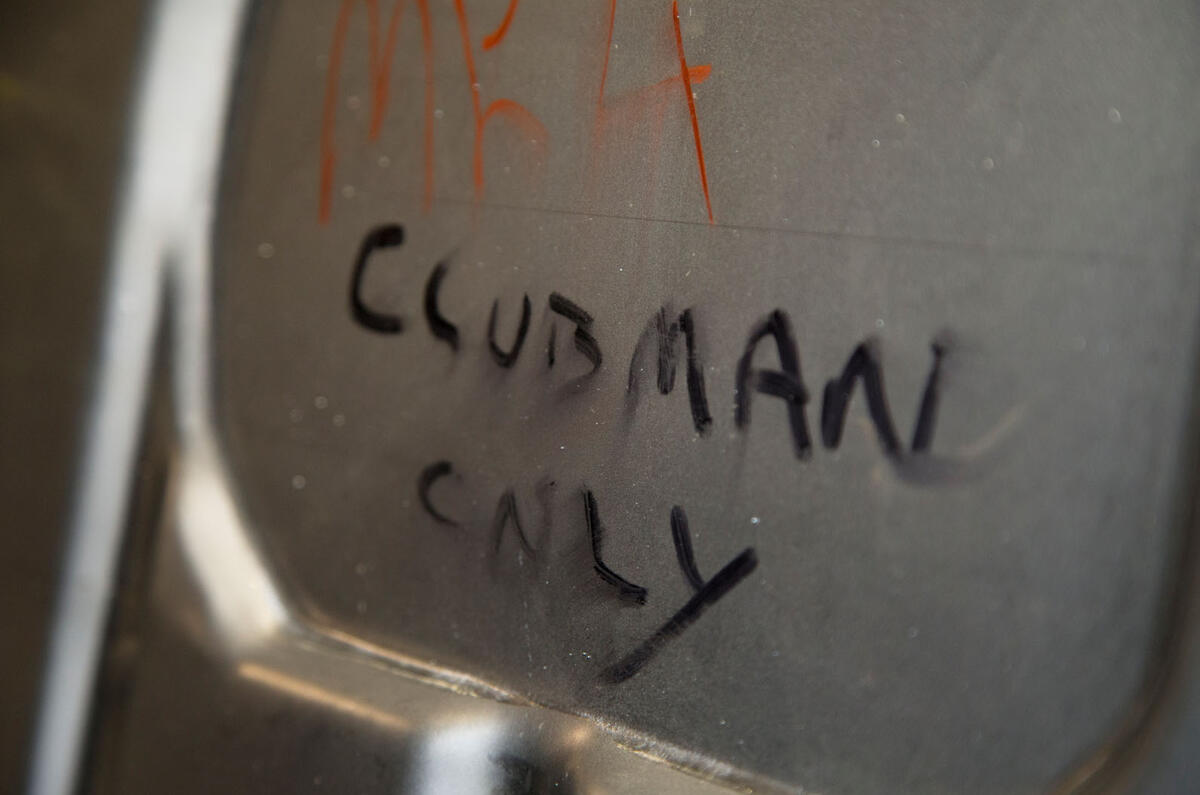
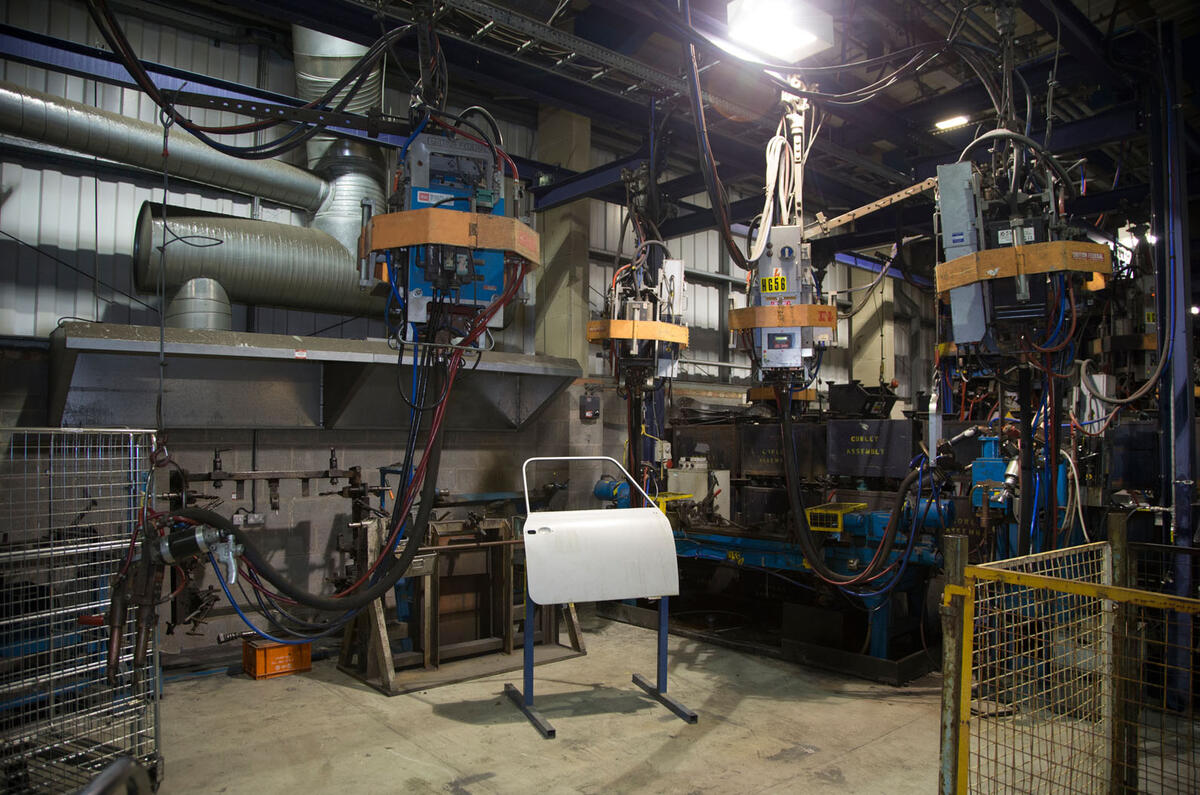
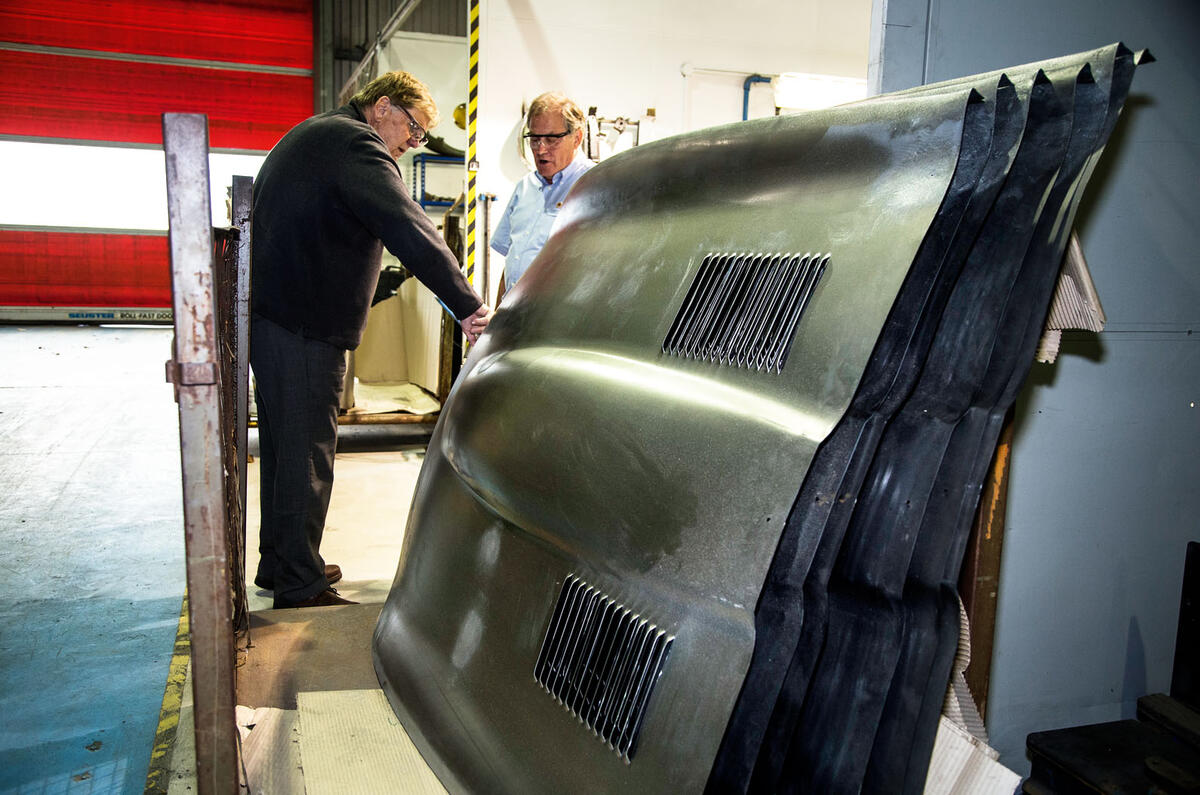
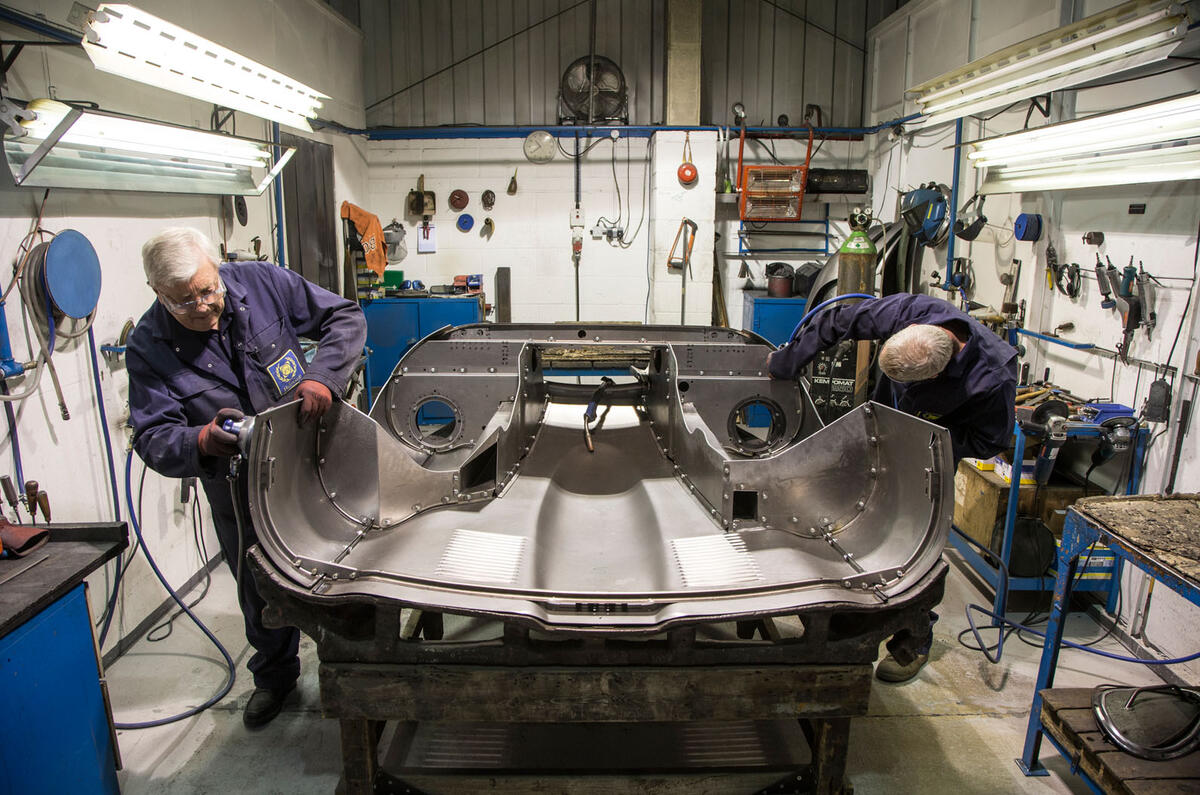
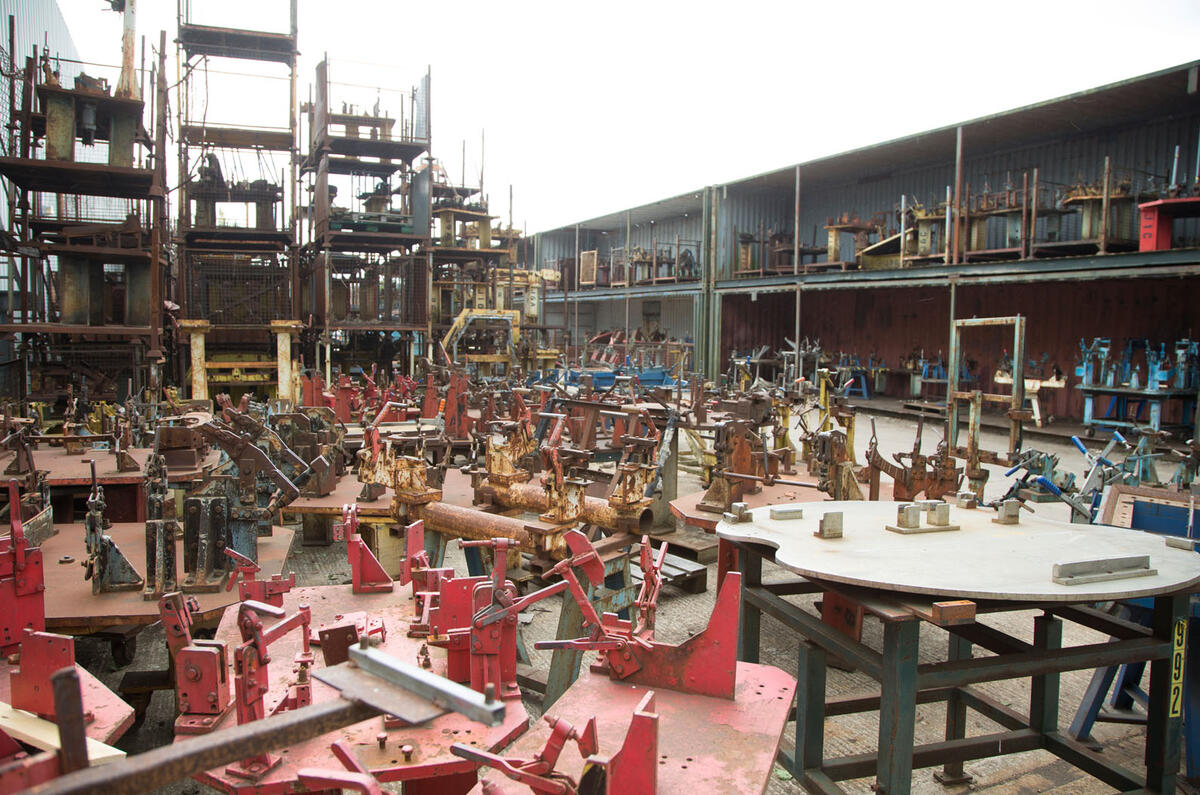
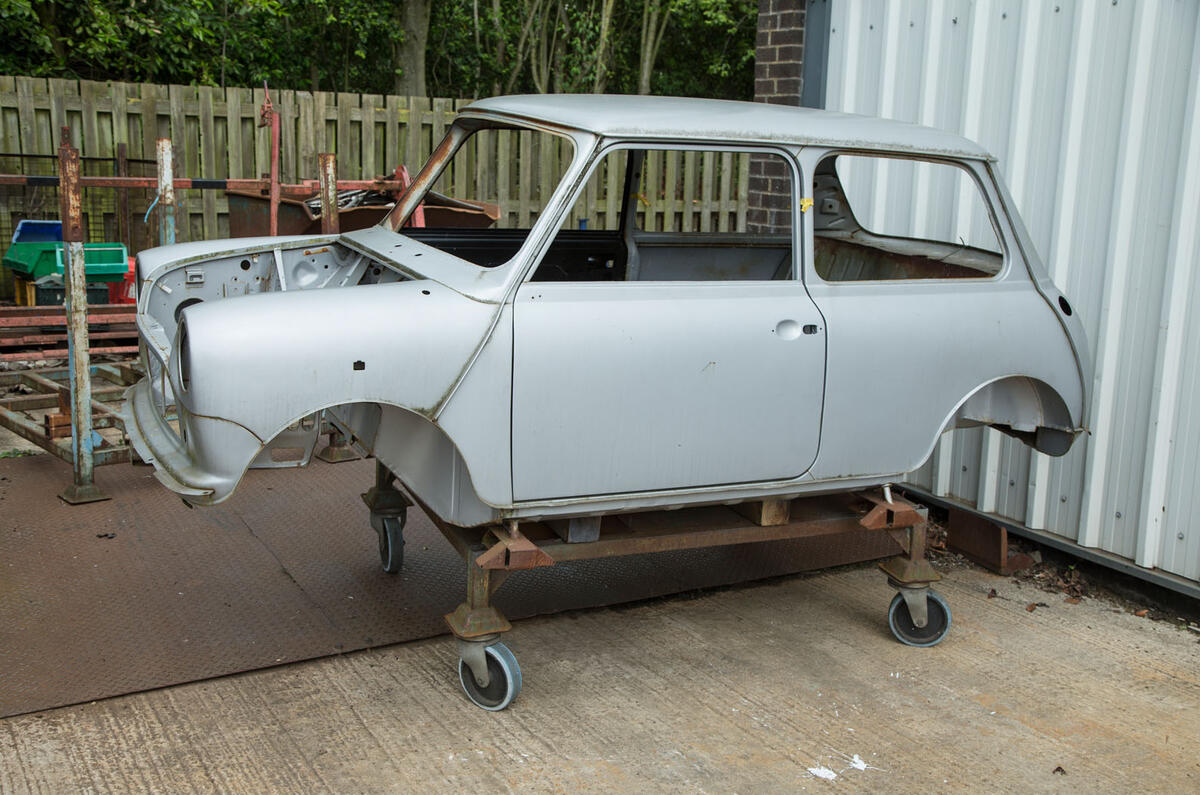
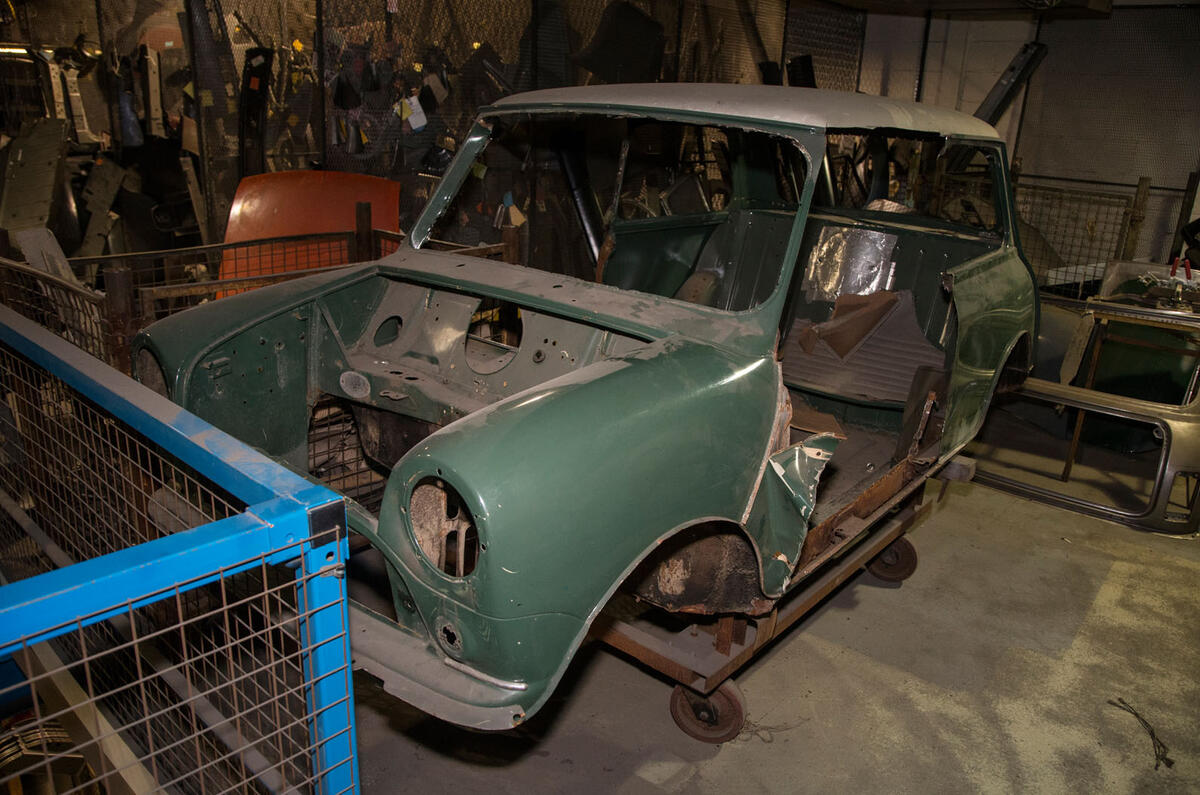
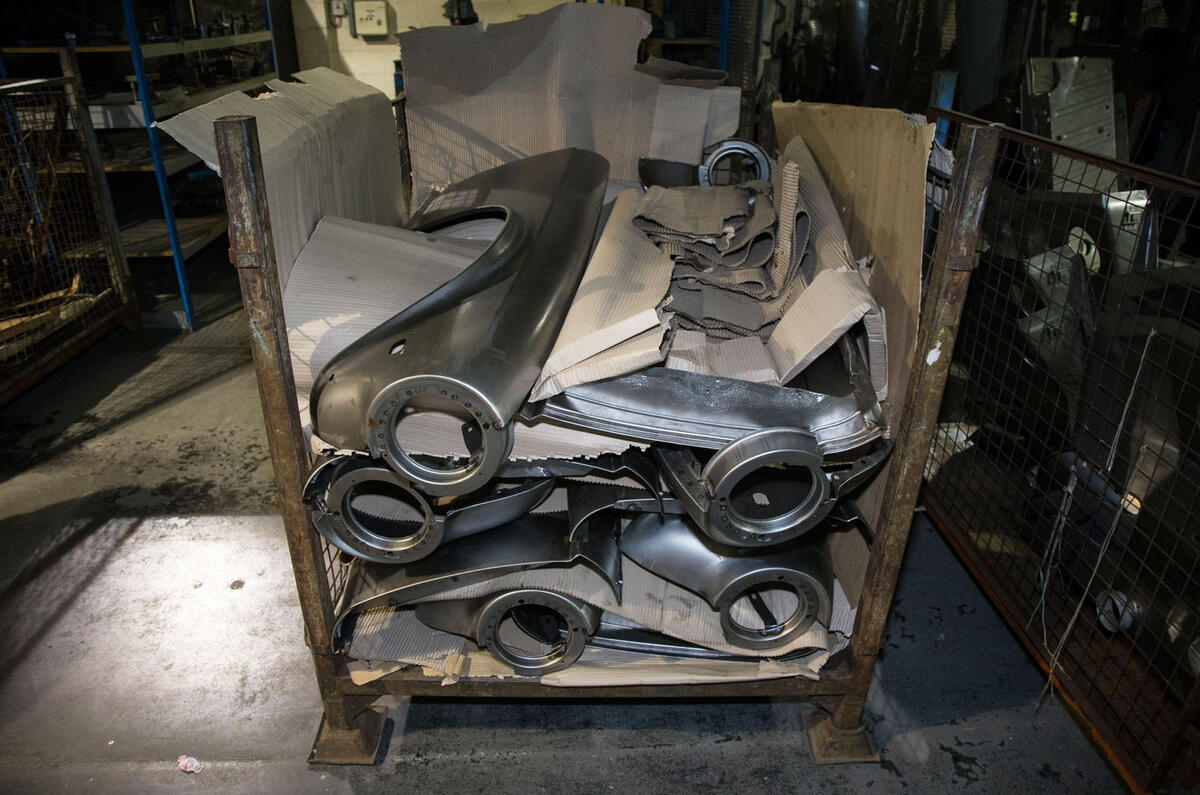
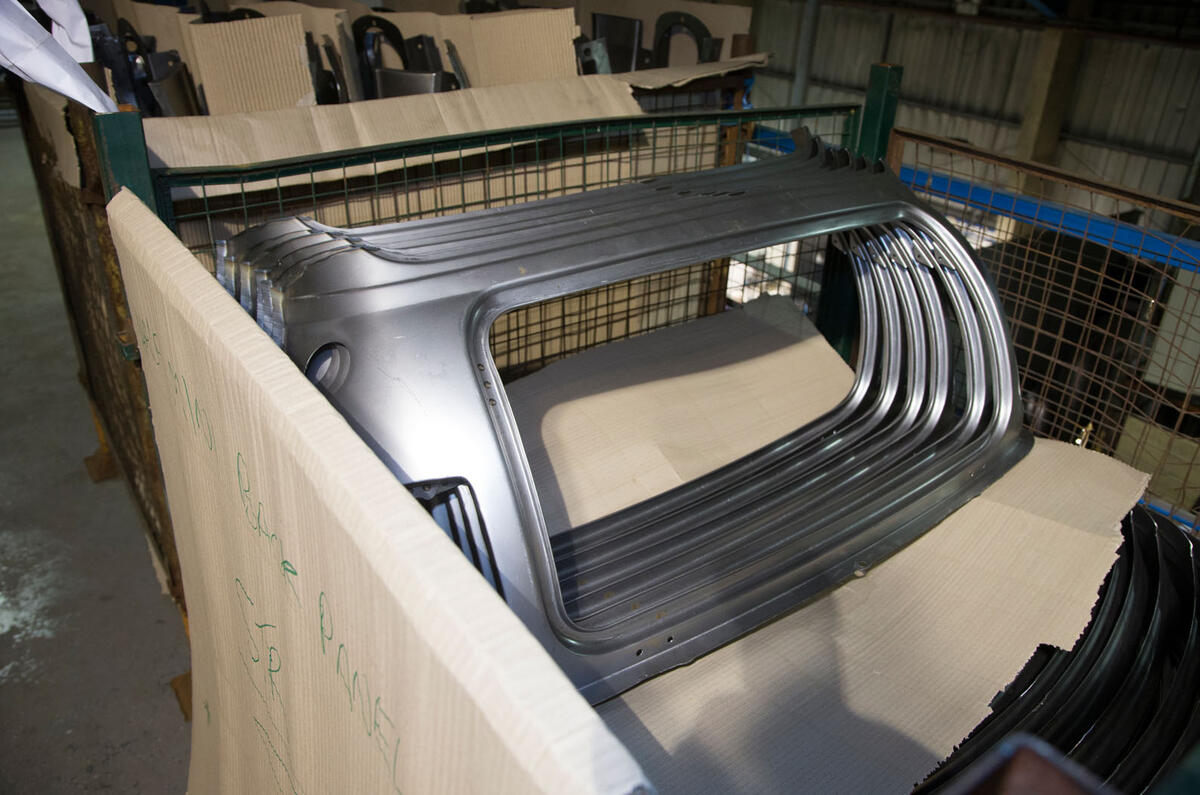
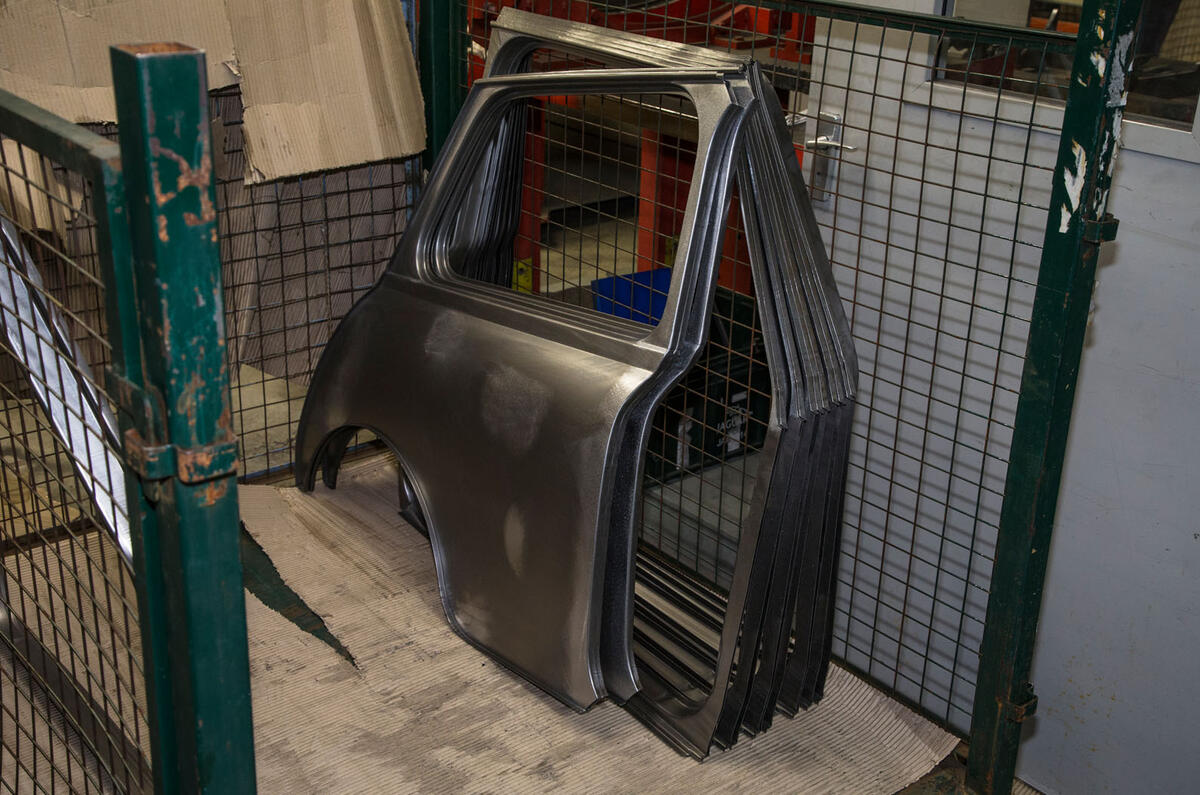
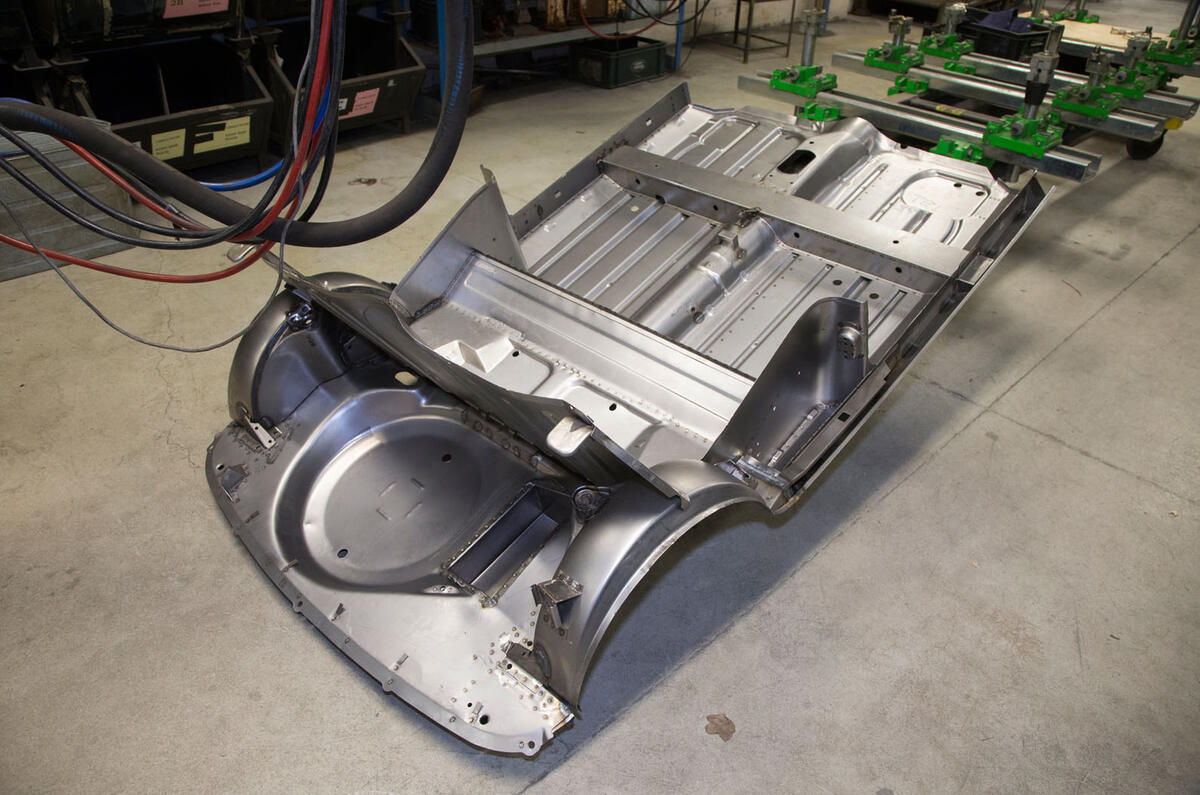
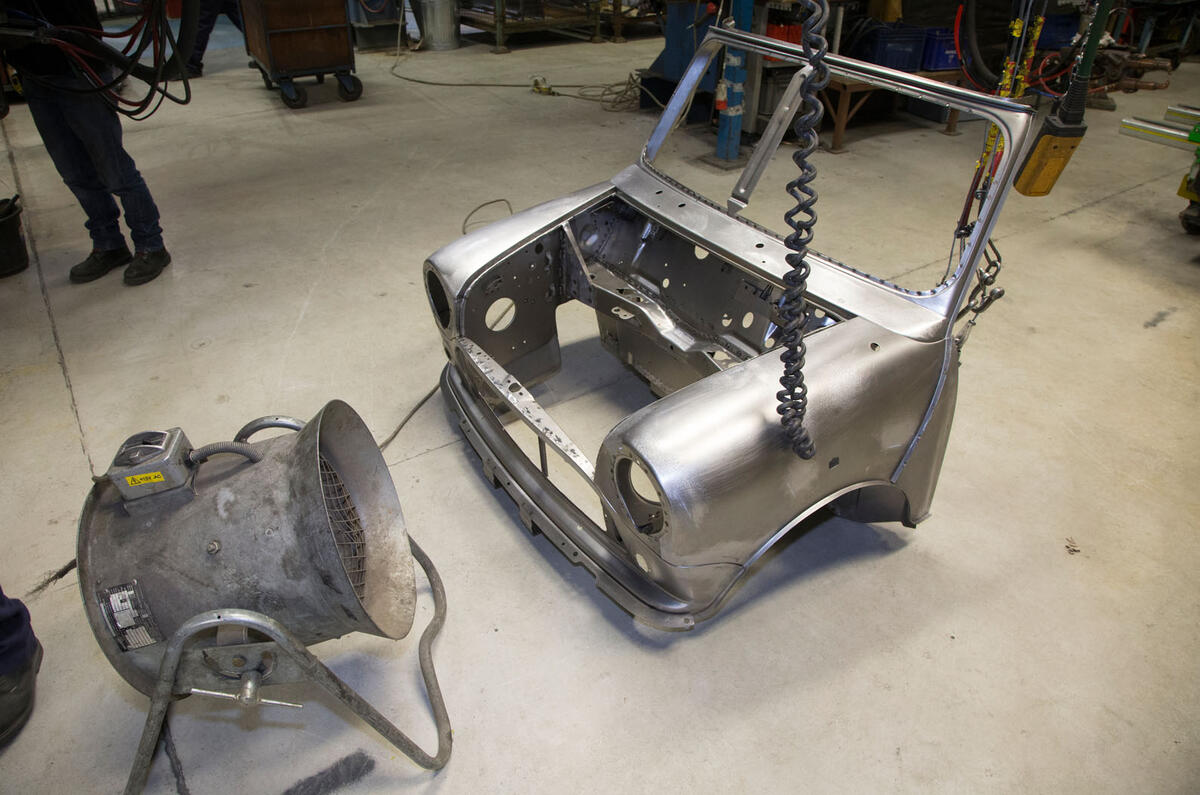
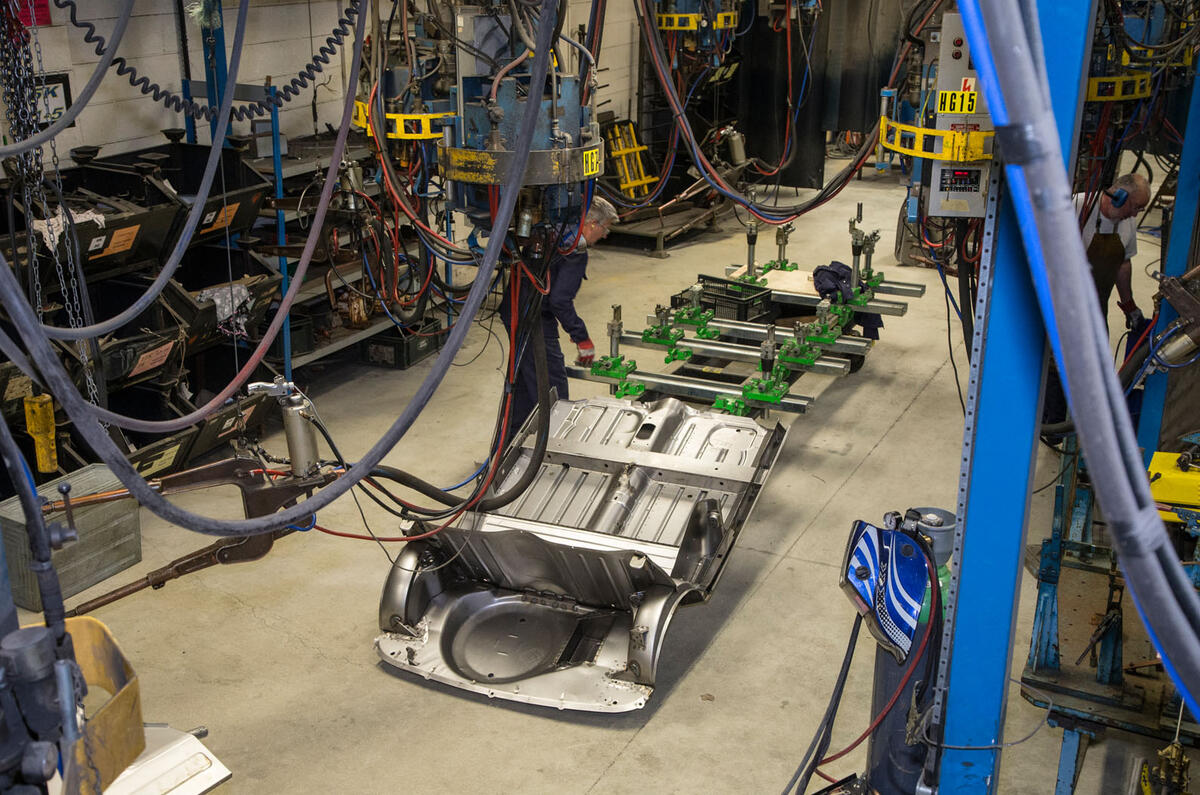
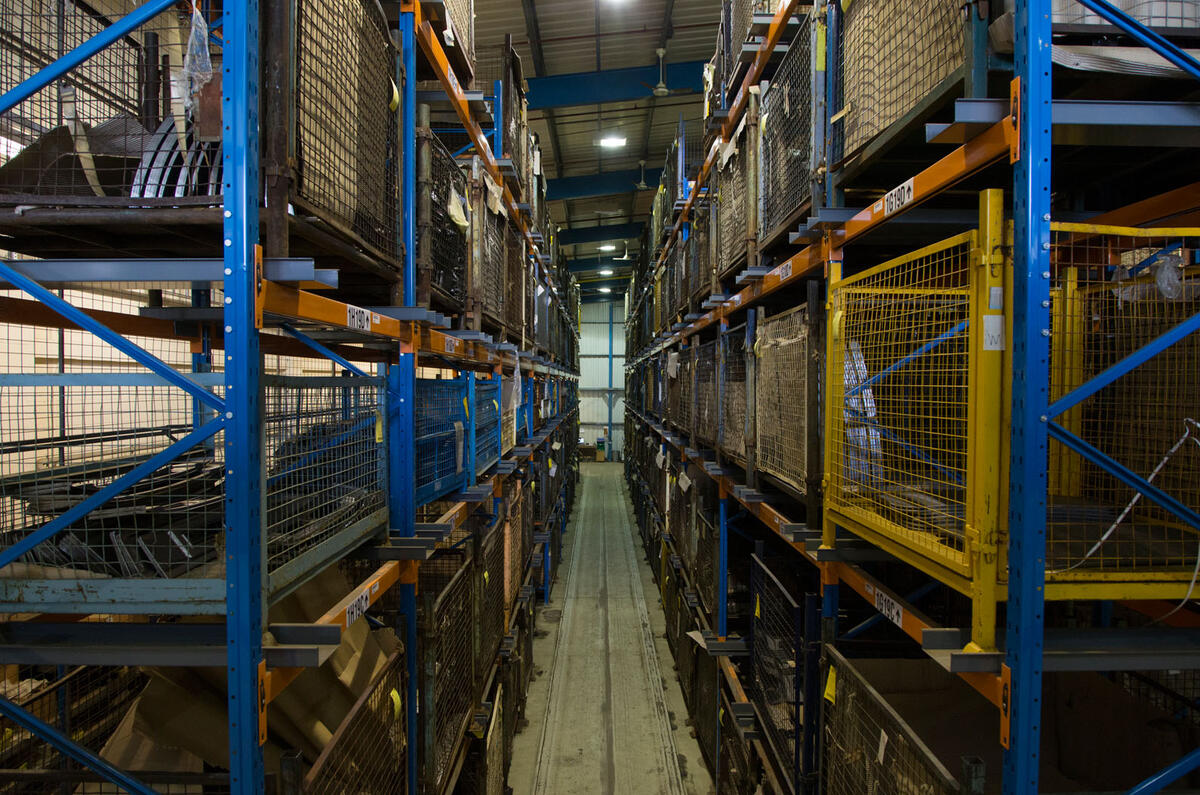
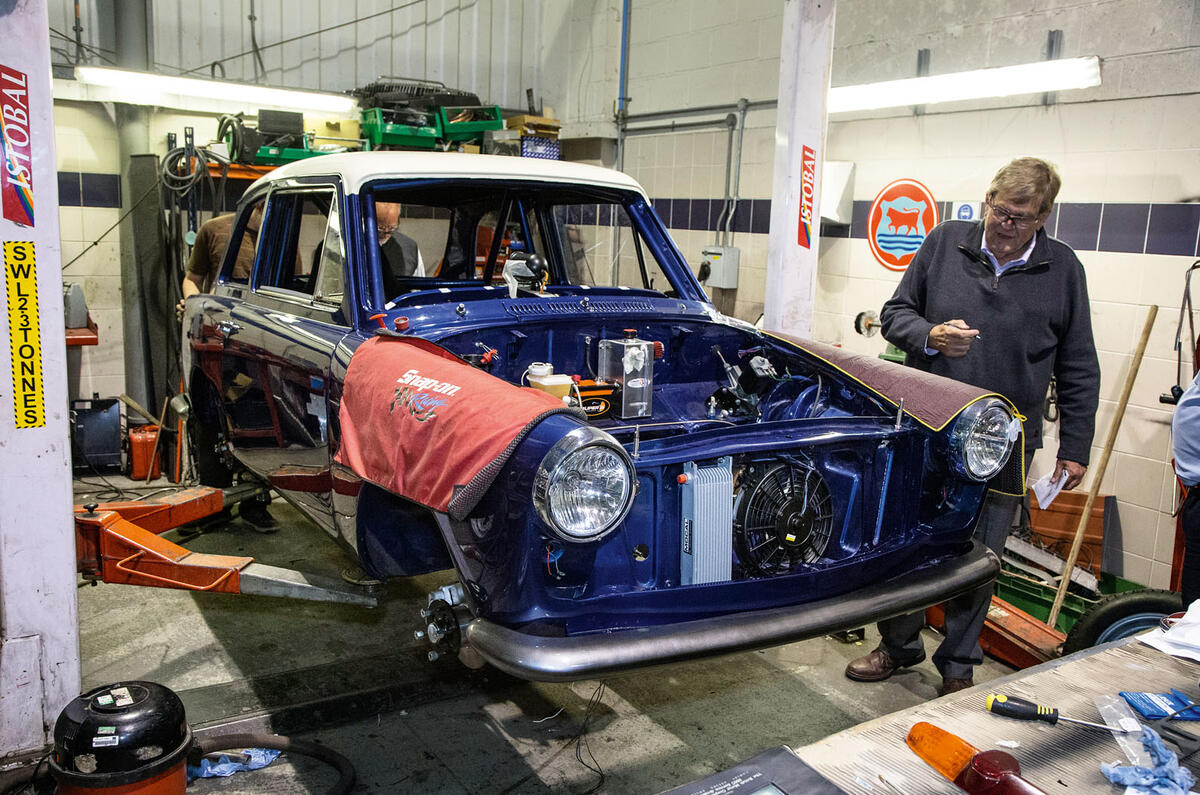
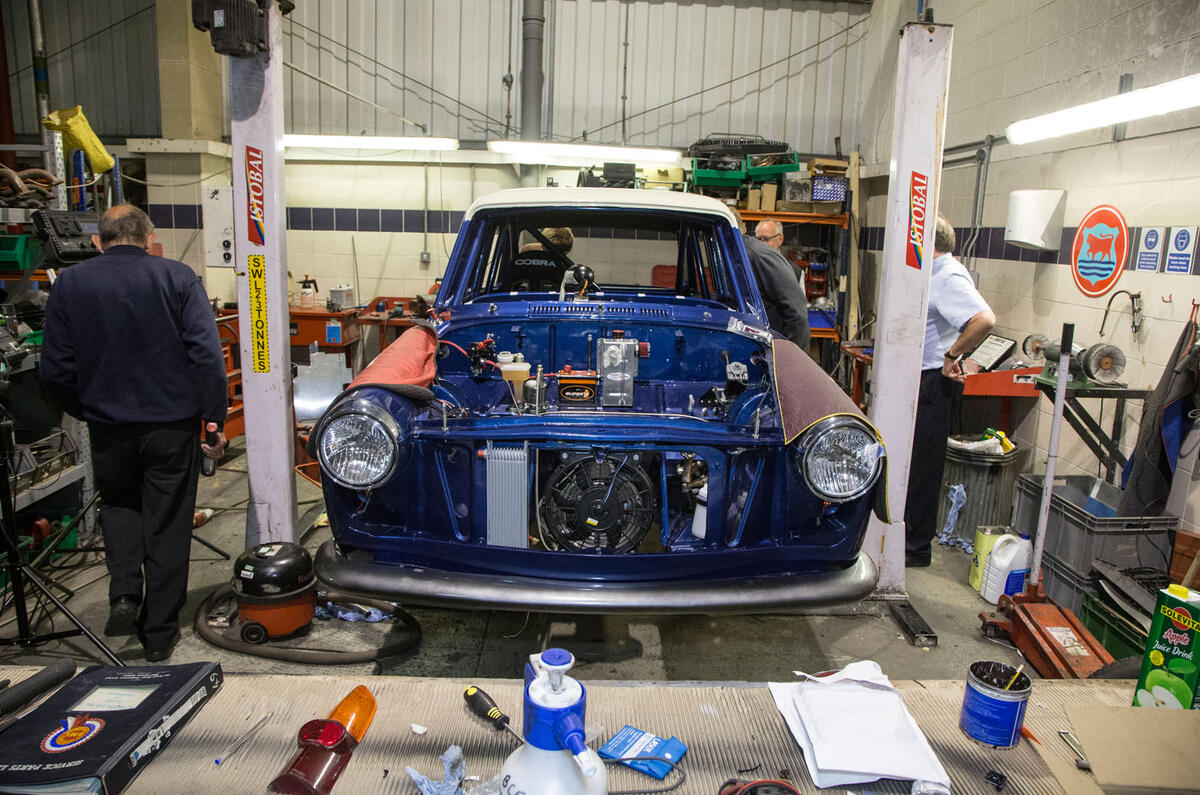
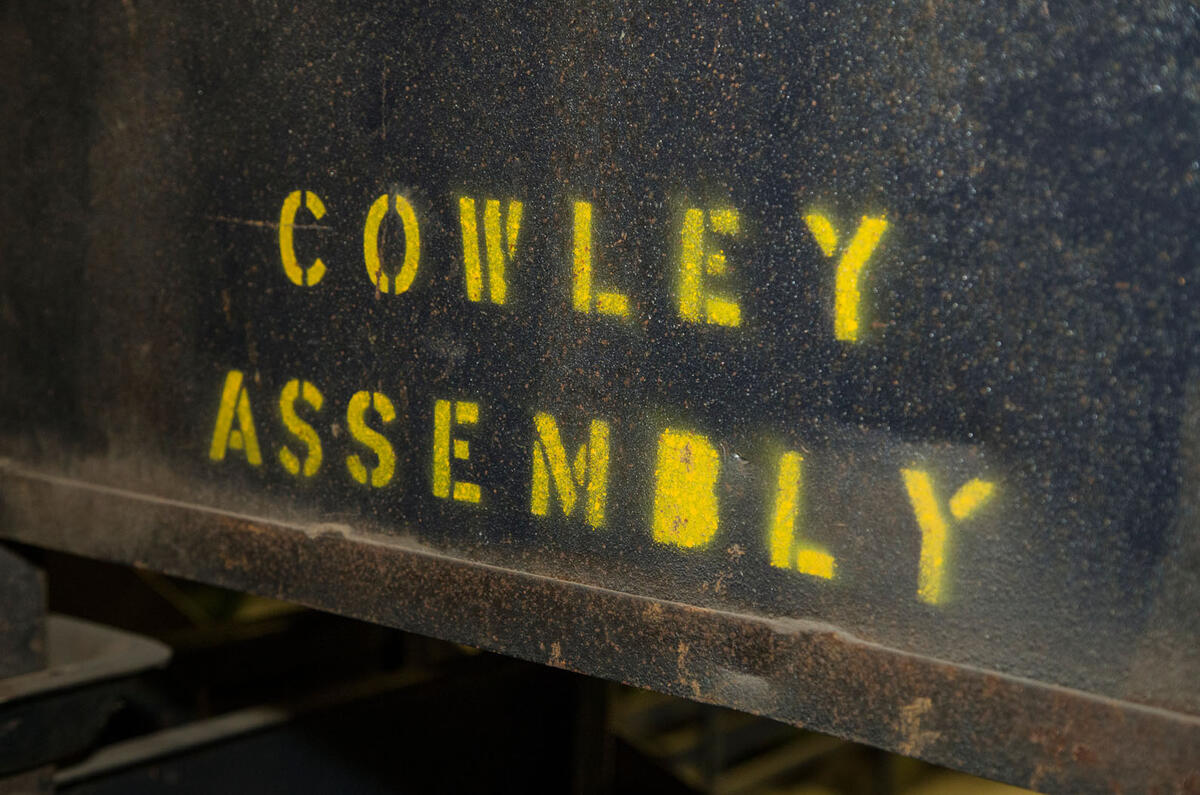
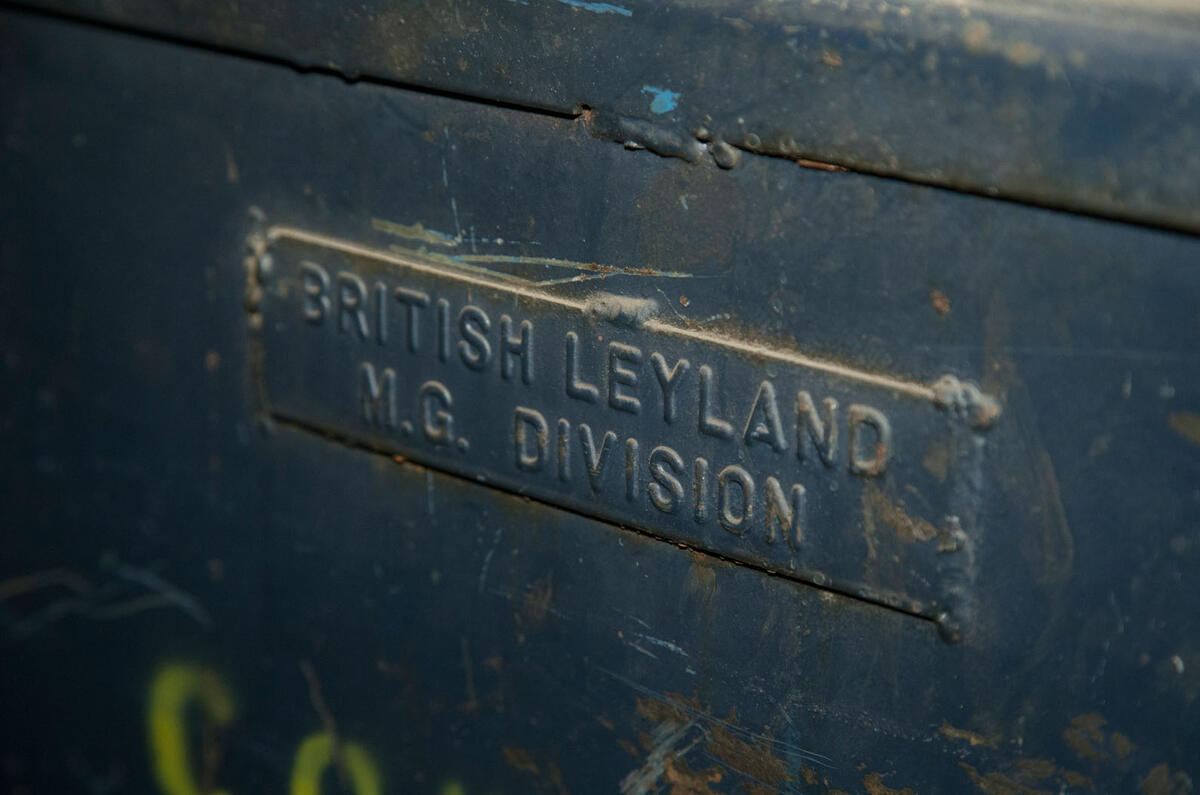
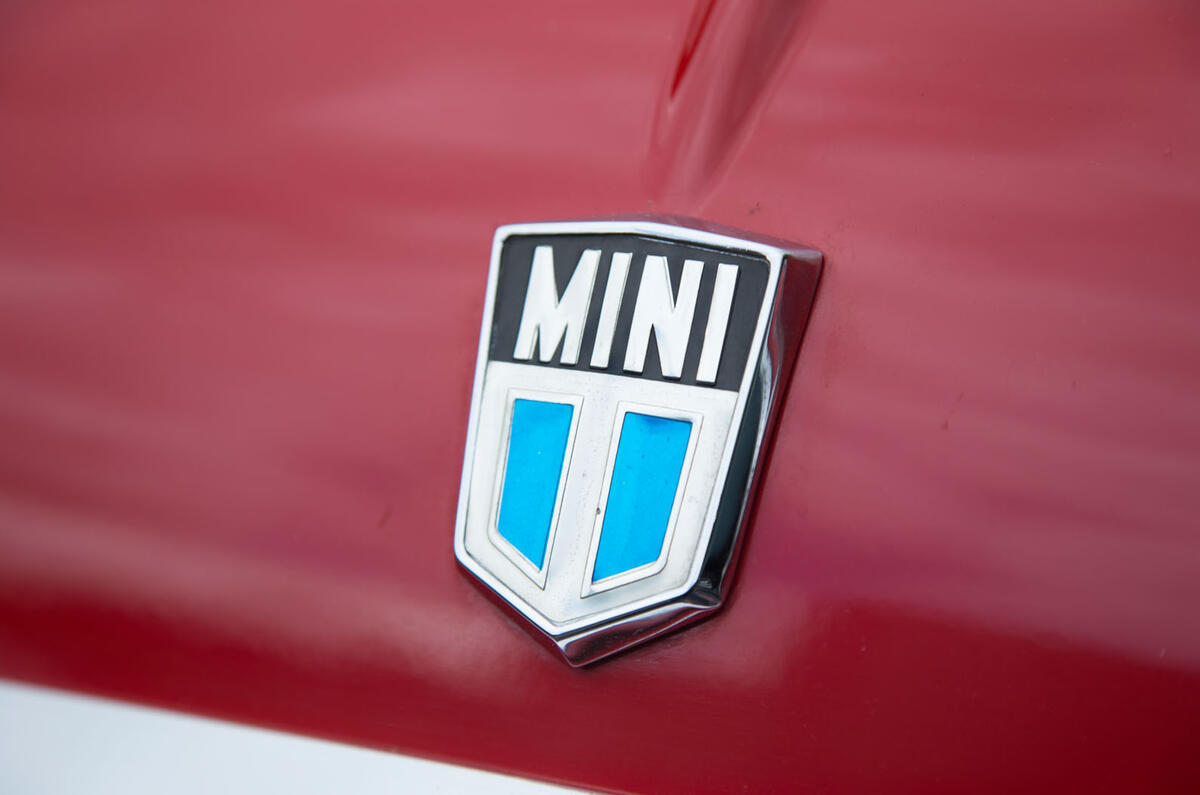
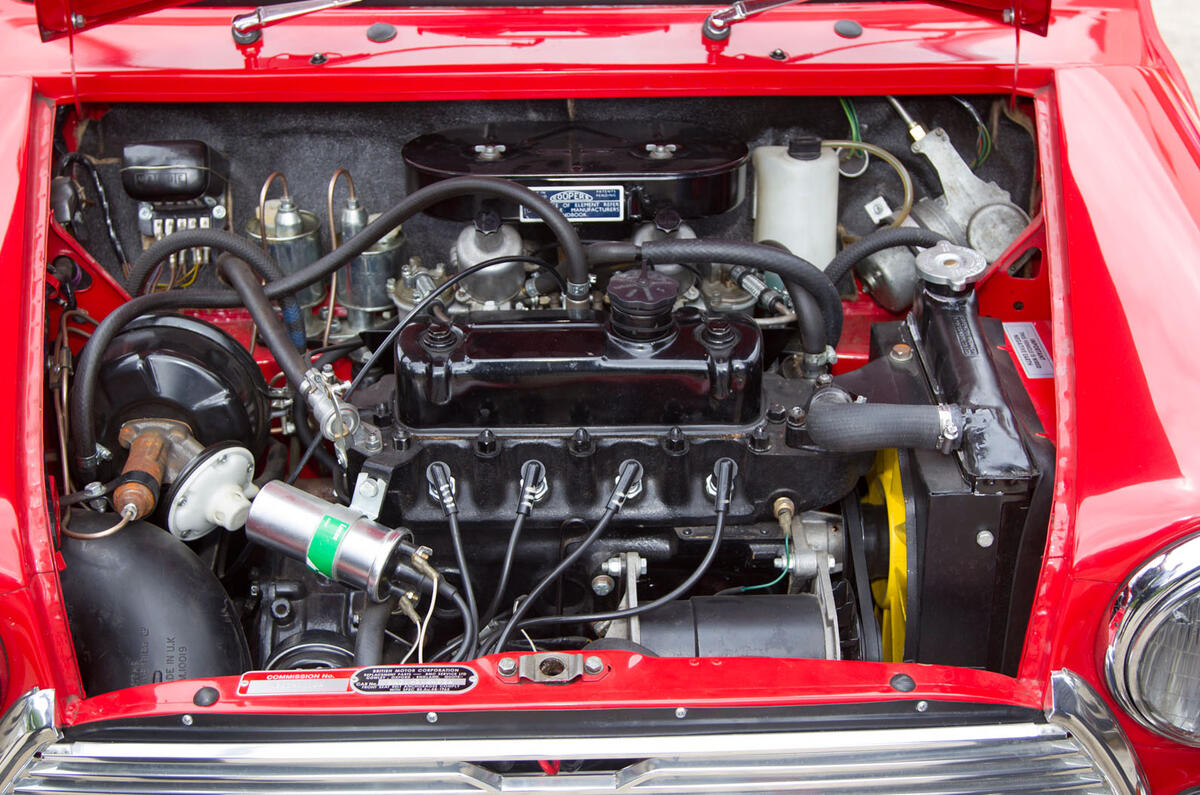
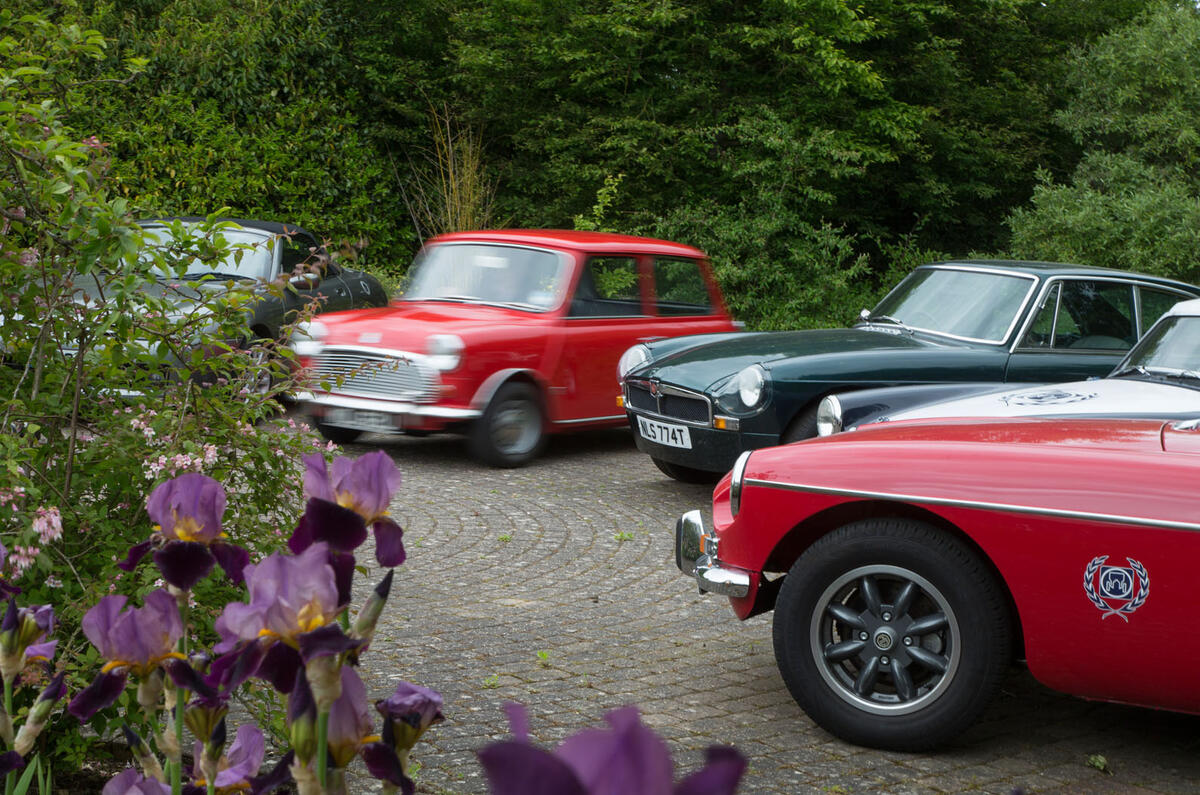
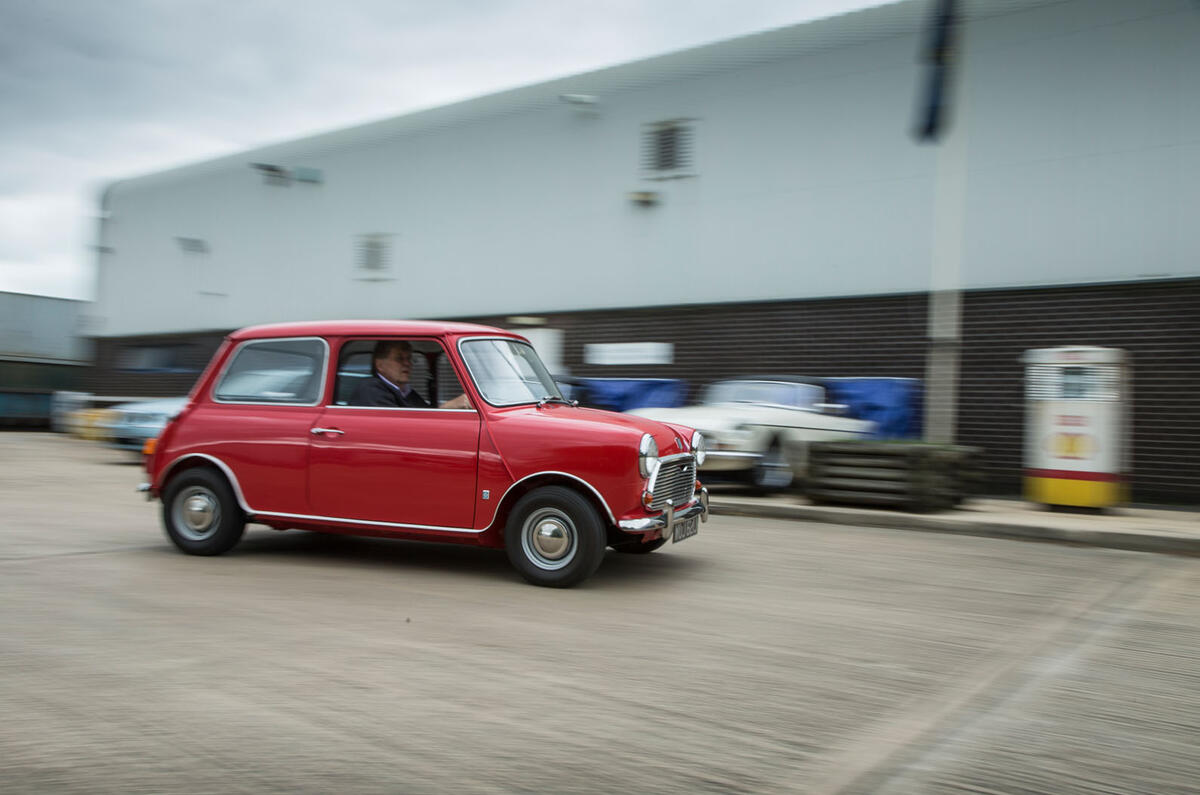
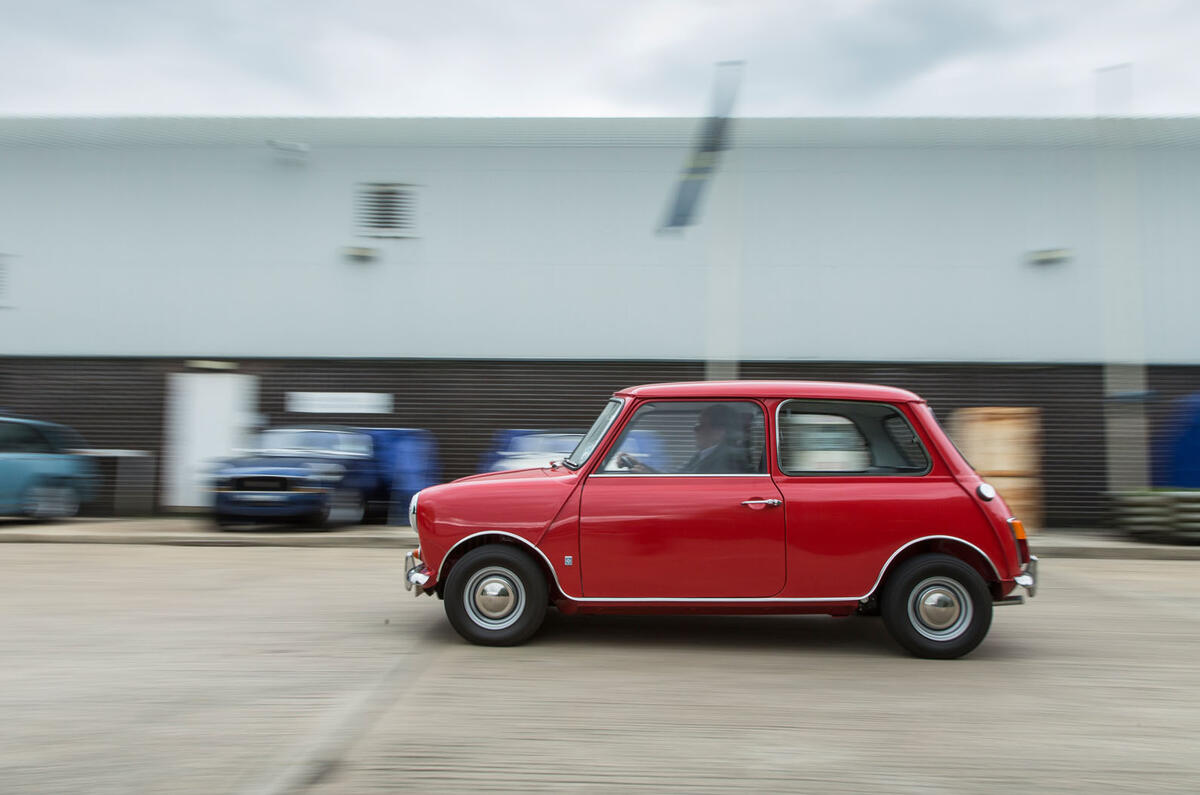
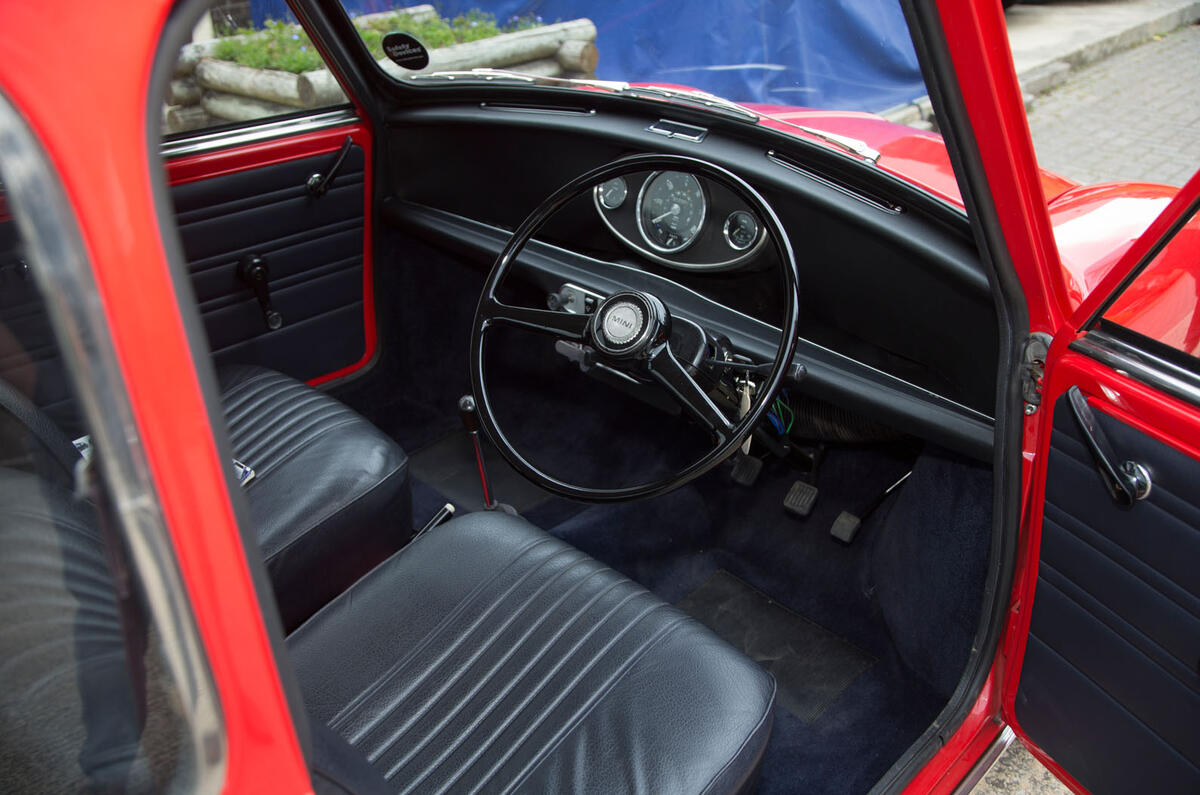
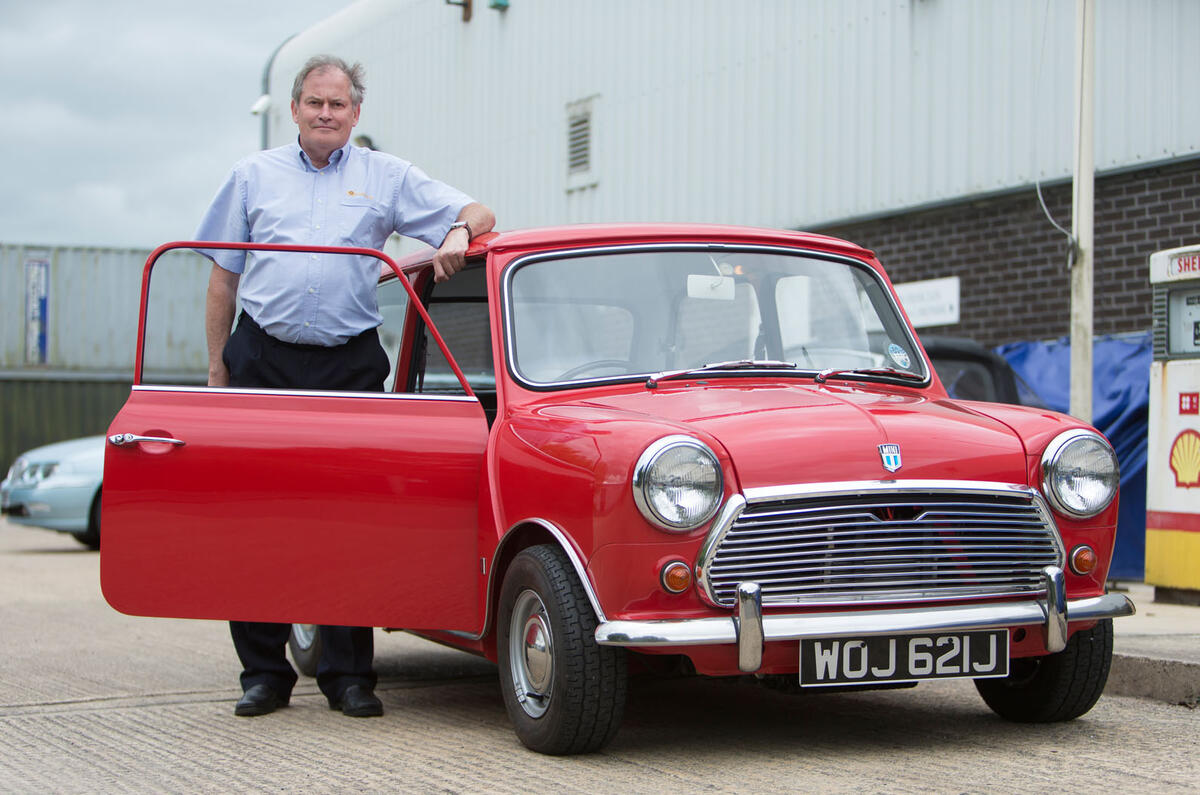
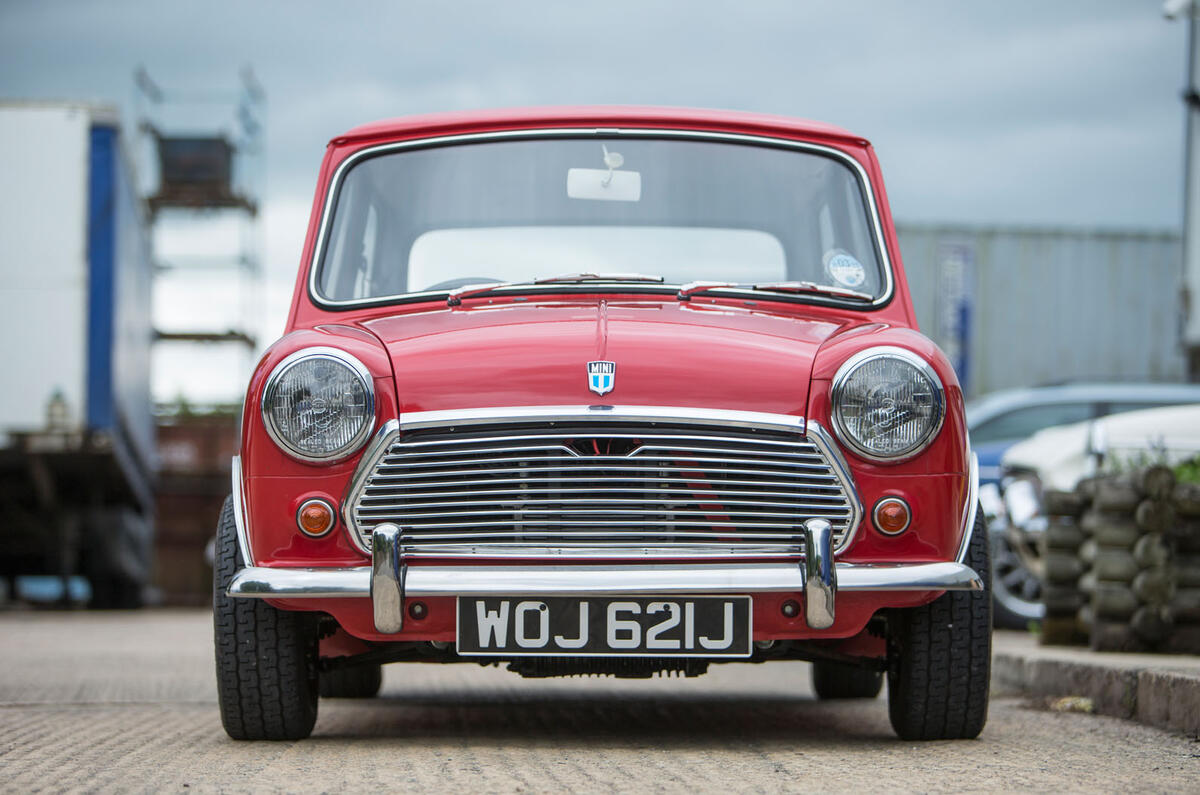
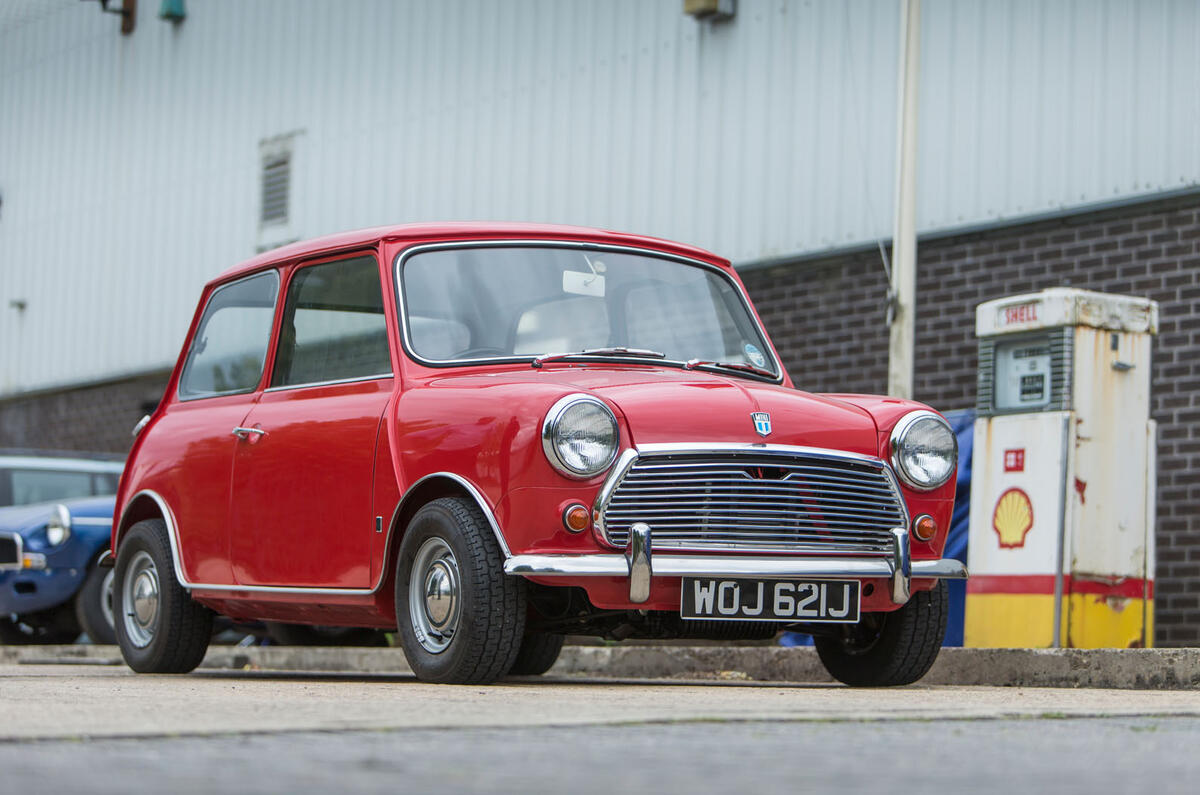
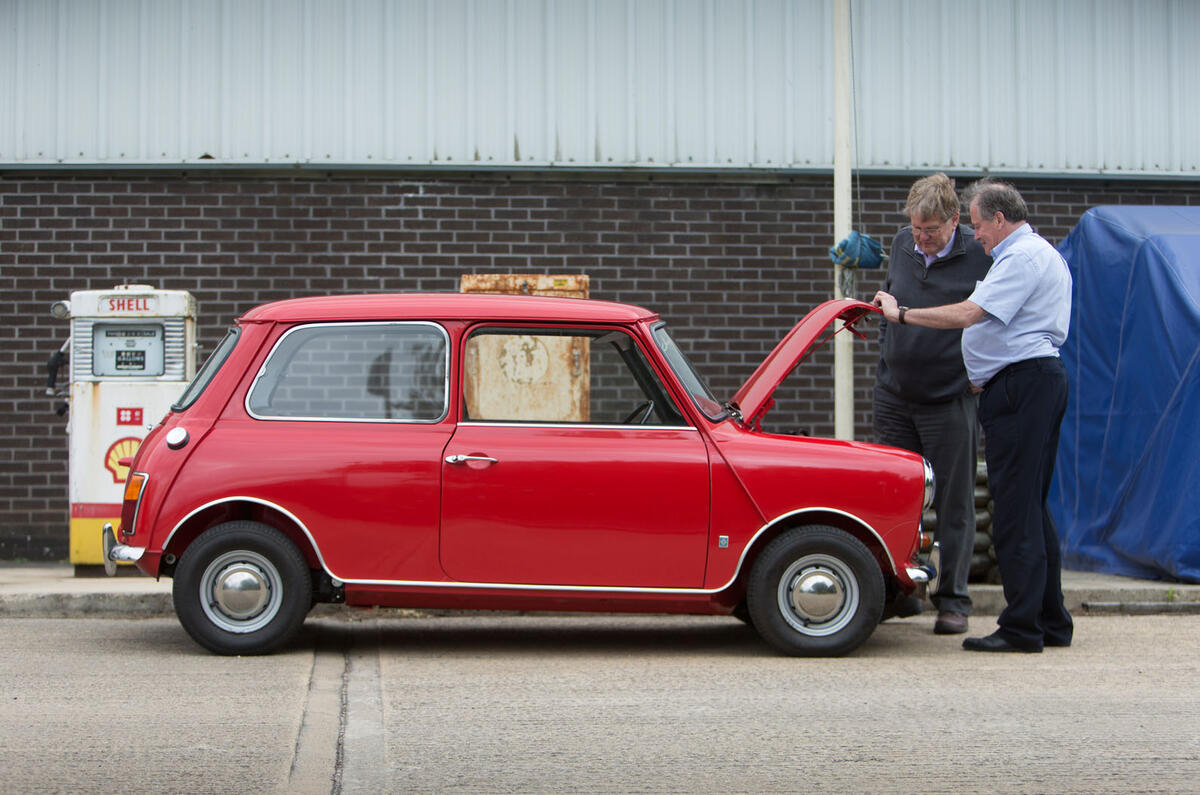
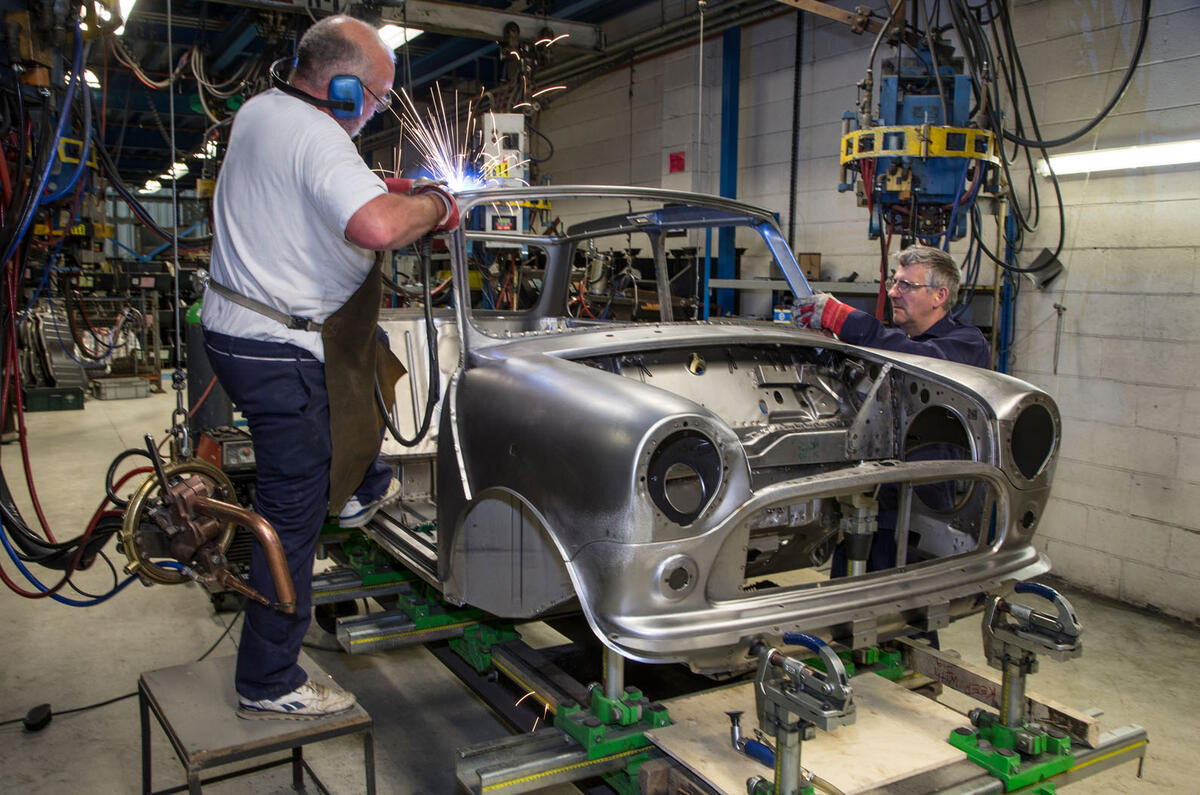
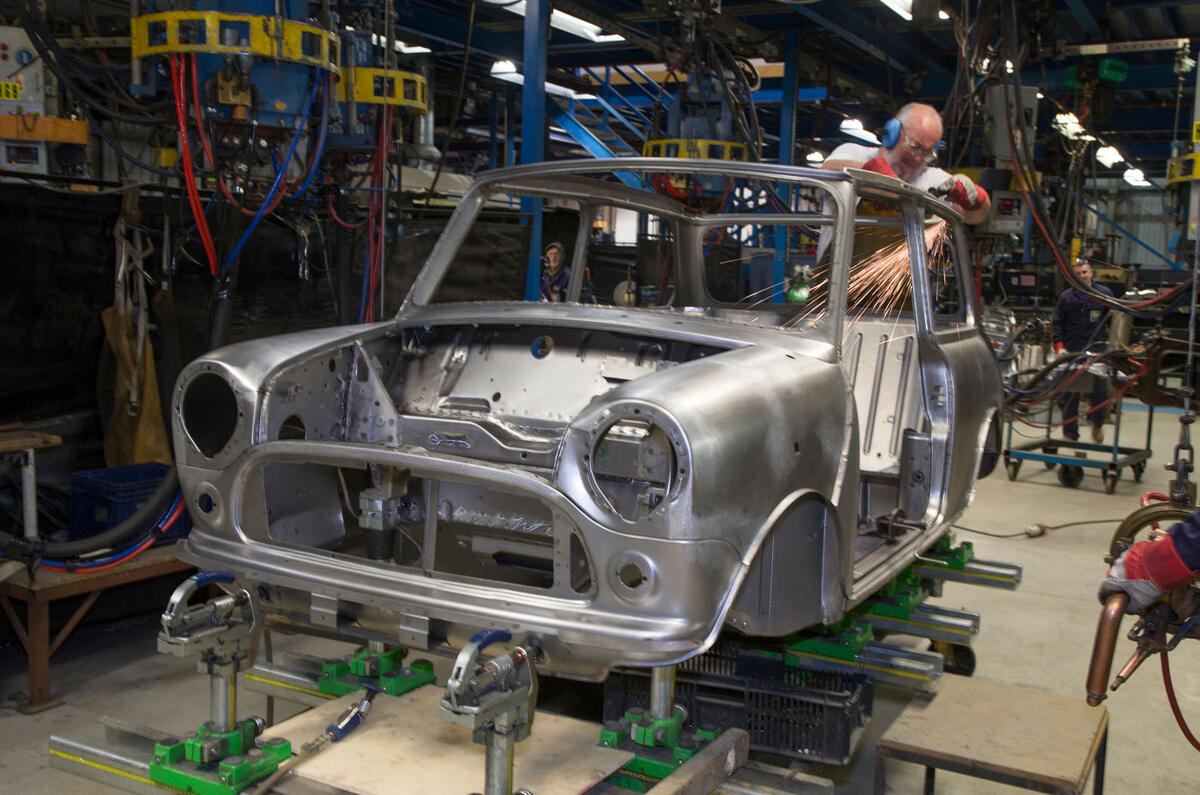
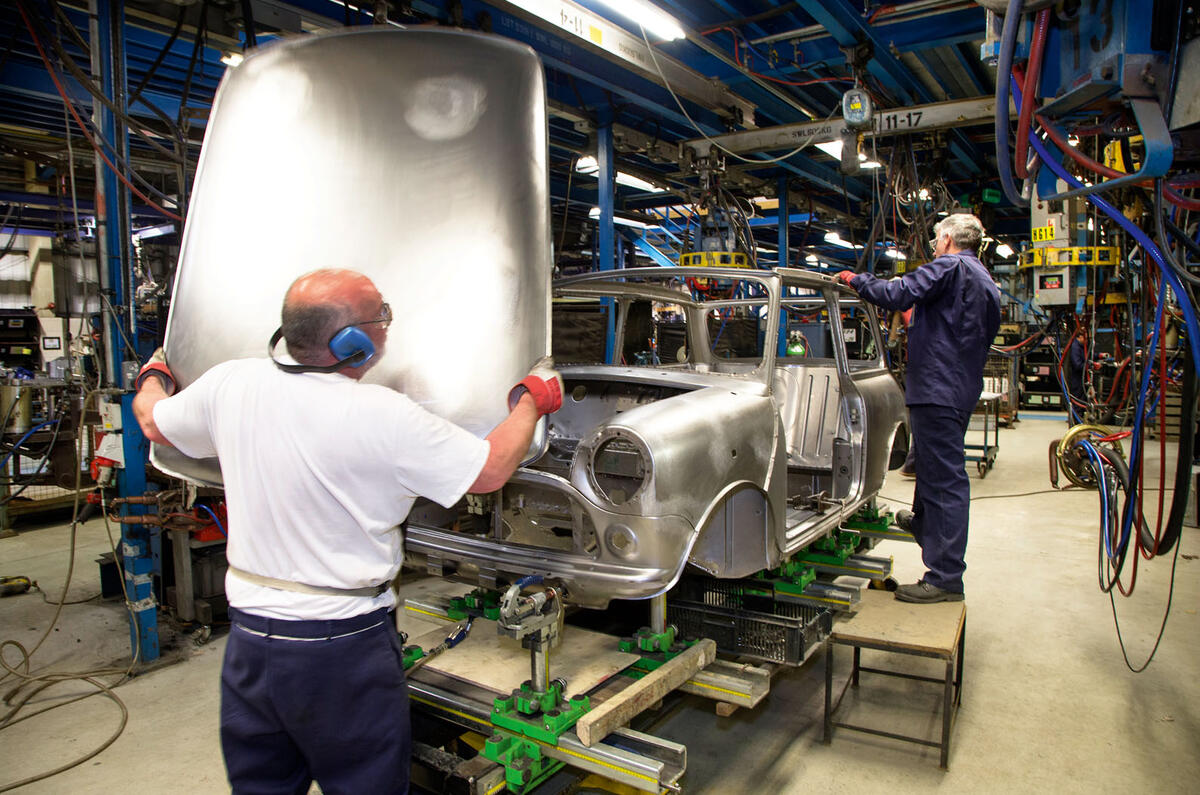
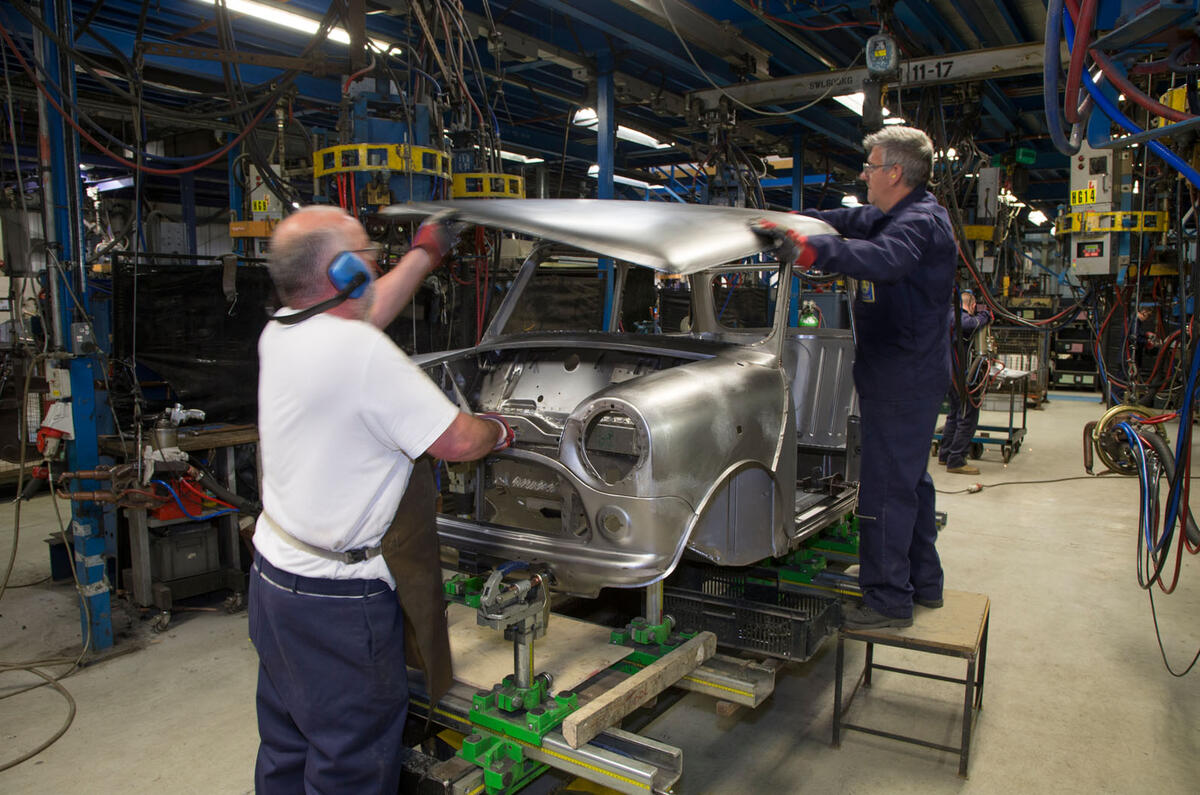
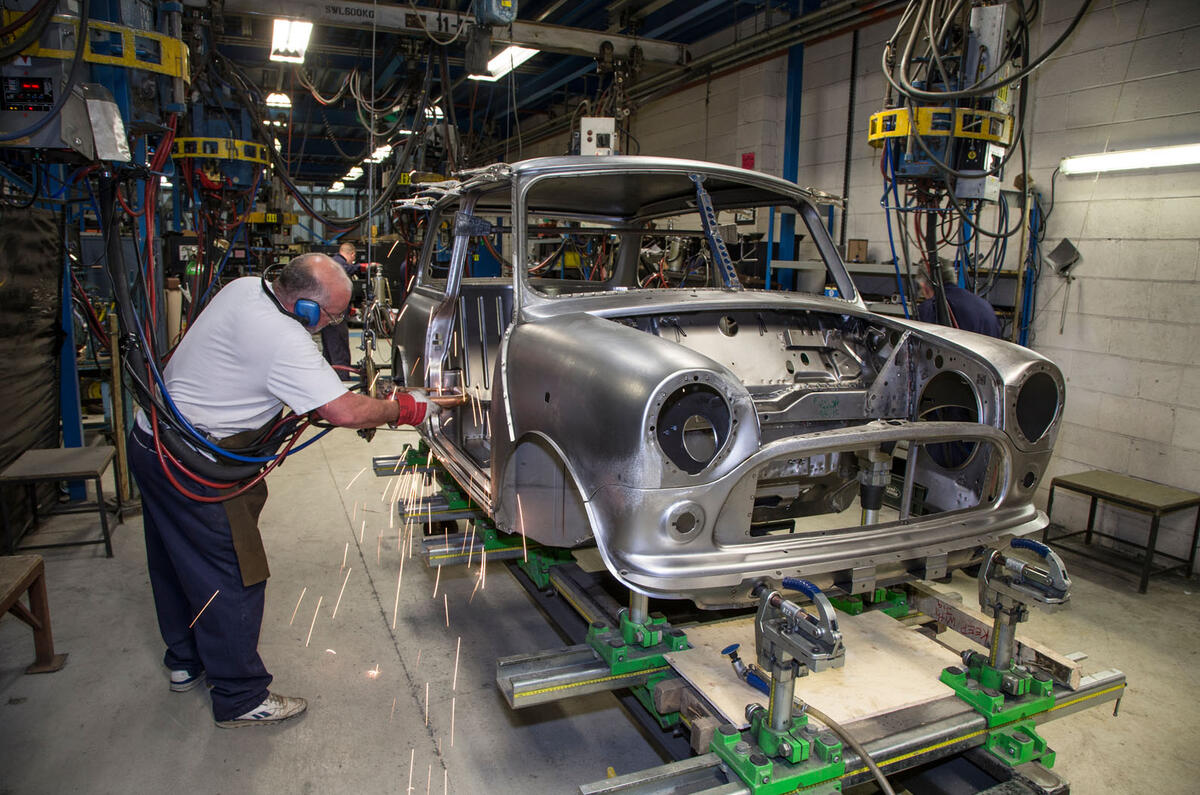
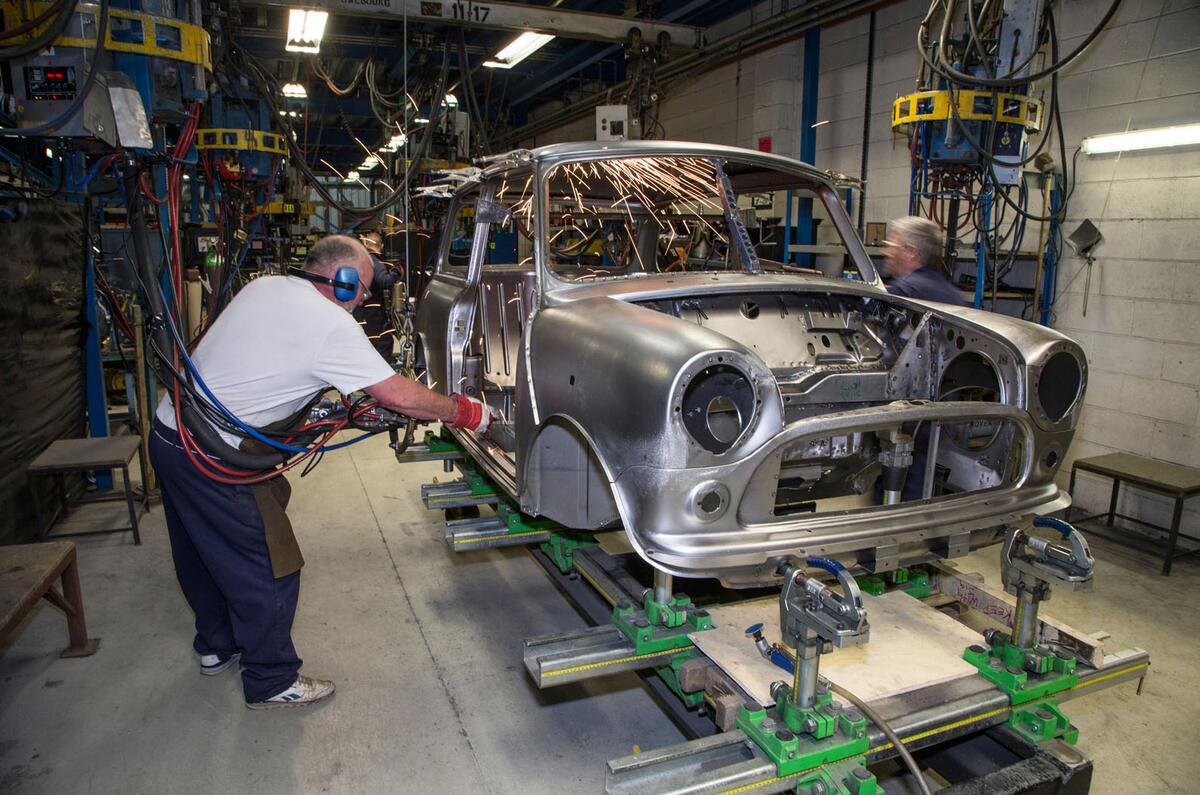
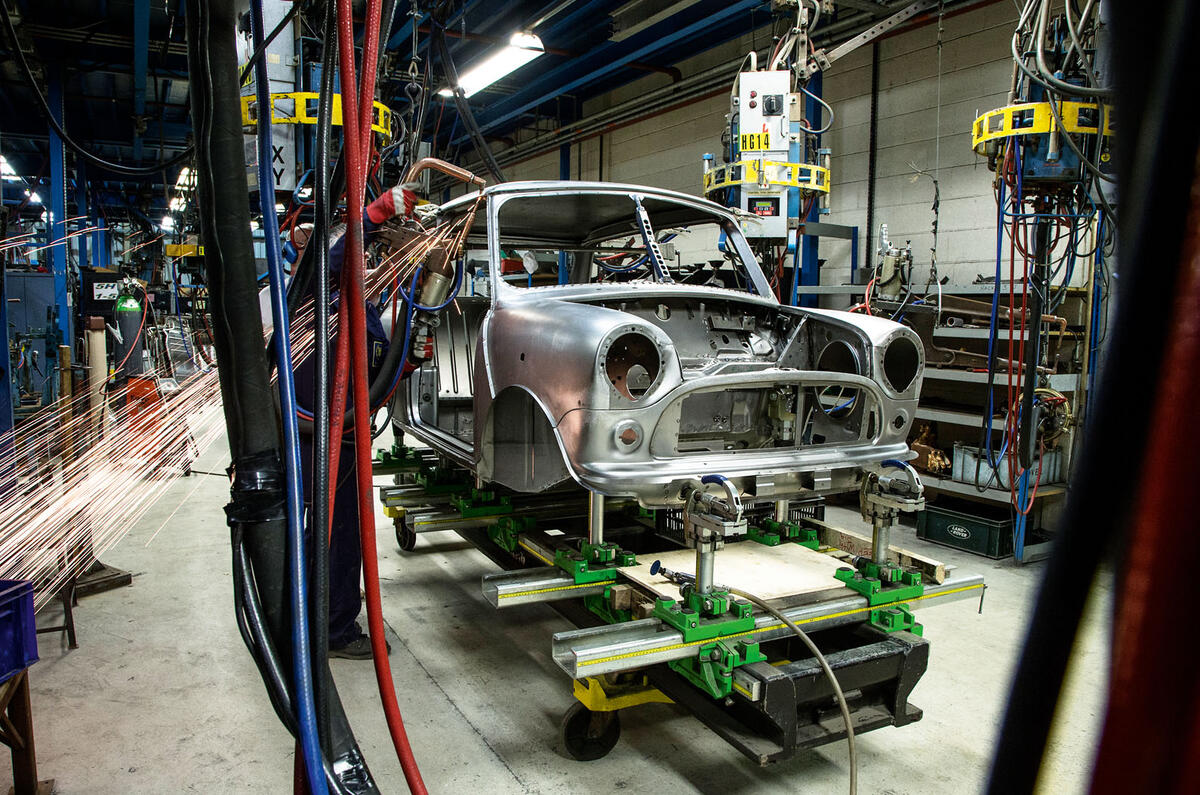
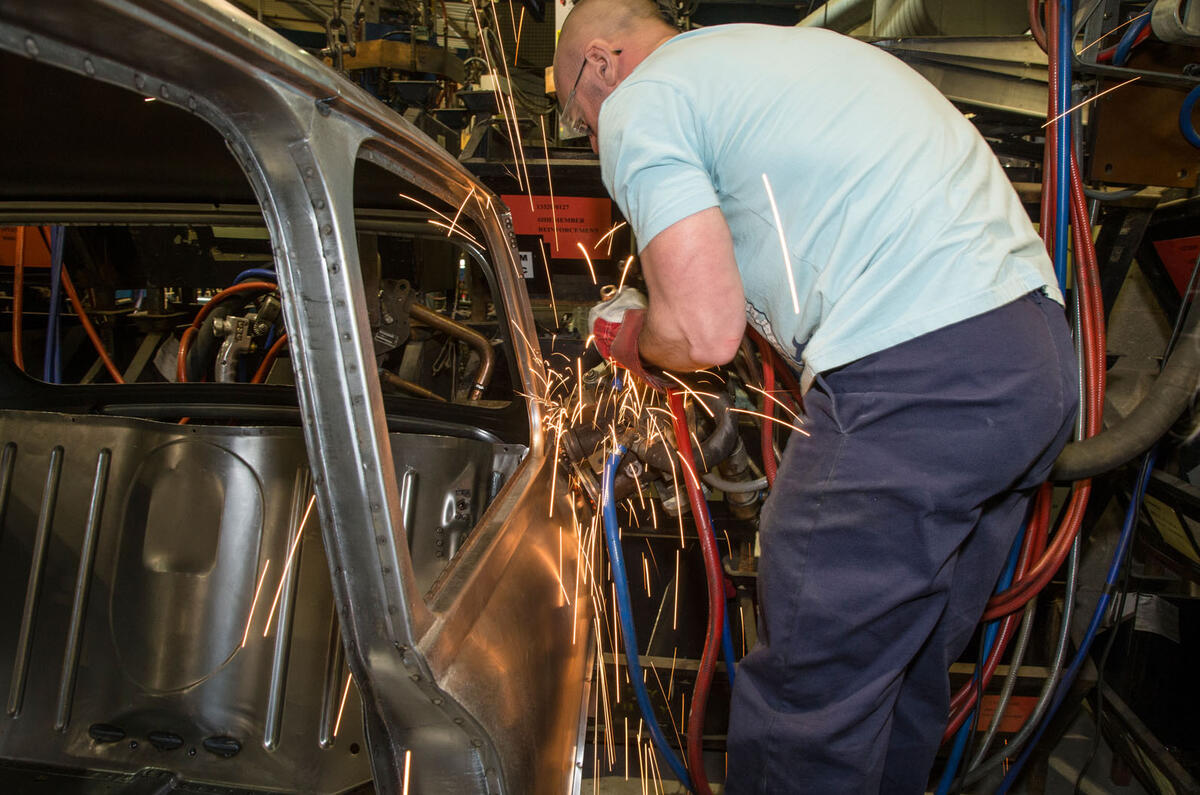
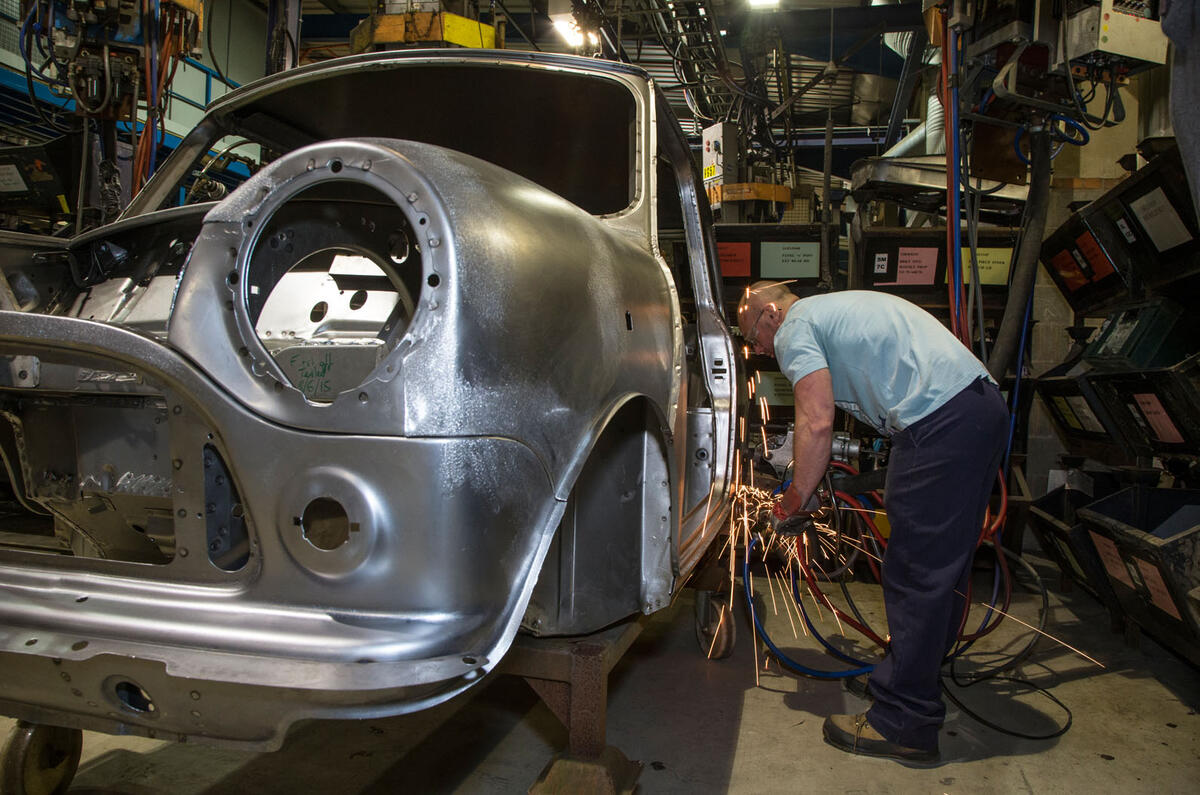
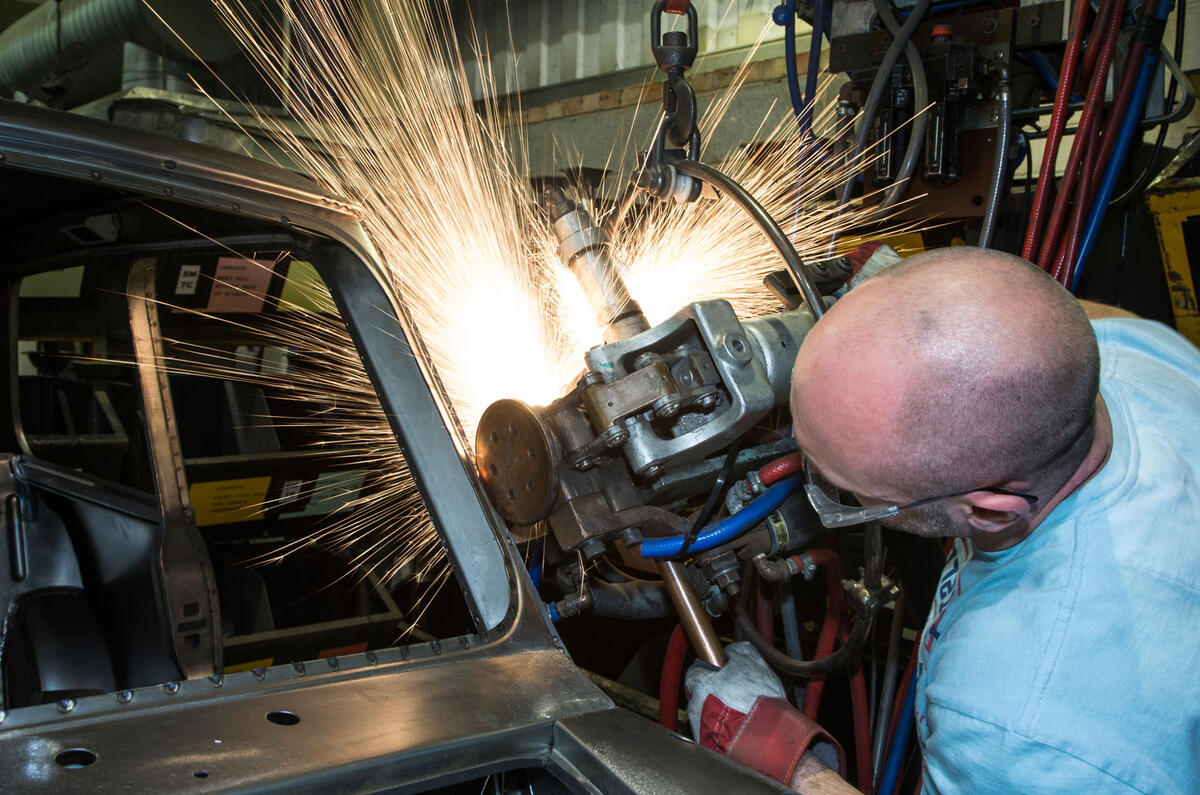
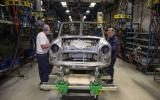
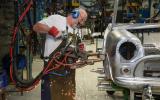
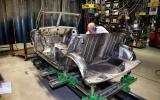
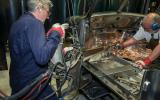
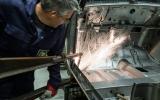
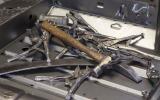
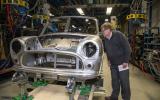
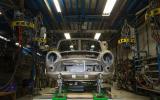
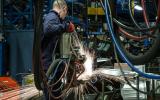
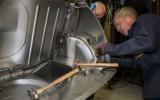
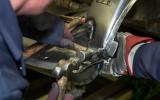

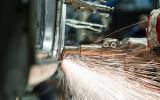
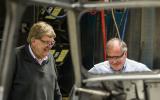


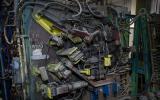
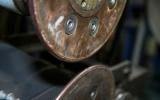
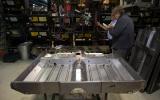
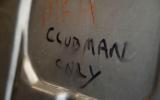
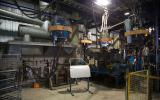
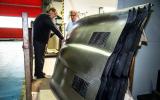
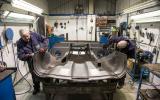
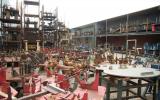
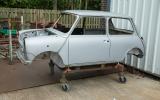
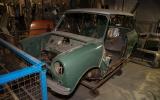
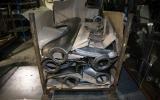
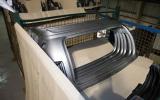
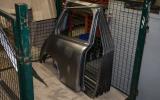
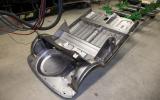
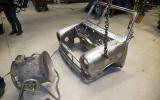
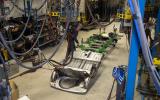

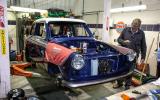
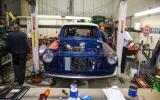
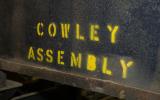
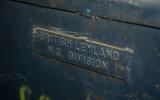
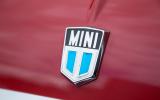
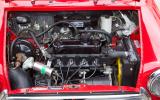
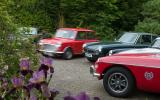
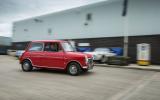
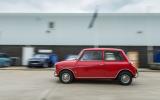
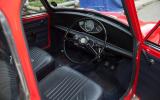

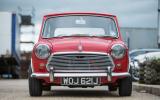
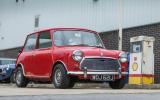
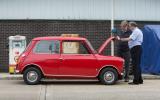
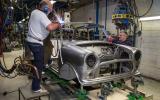
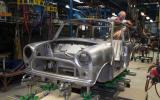
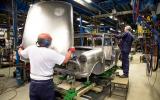
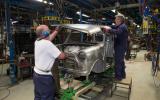
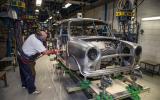
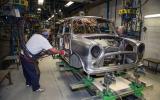
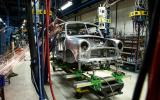
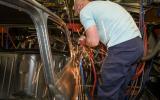
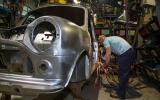
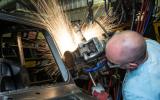






Join the debate
Add your comment
Paul and beechie.
@beechie
Scratch that...You are right. its the phrasing...normally they're decribed as front hinged or rear hinged rather than "opening"..Apologies. Its greenracer thats wrong :-)
@beechie
I think you must be on a different planet? Or blind.....